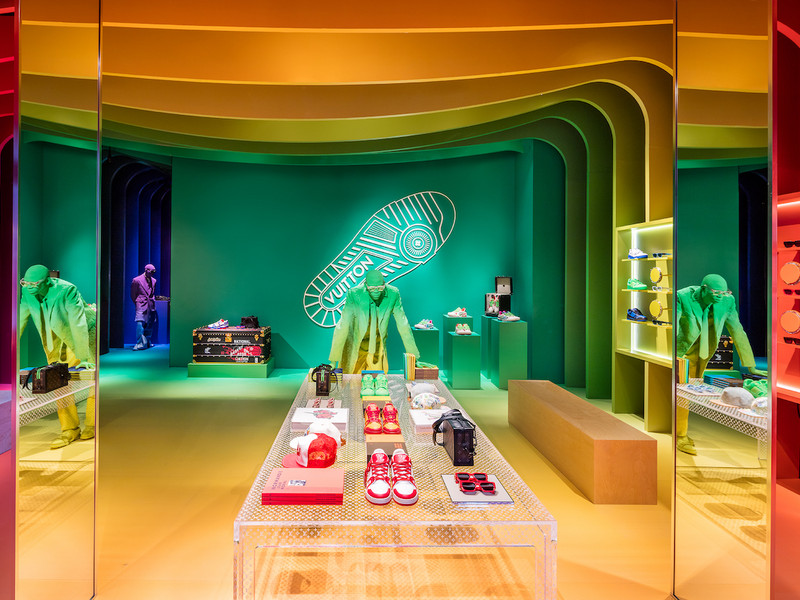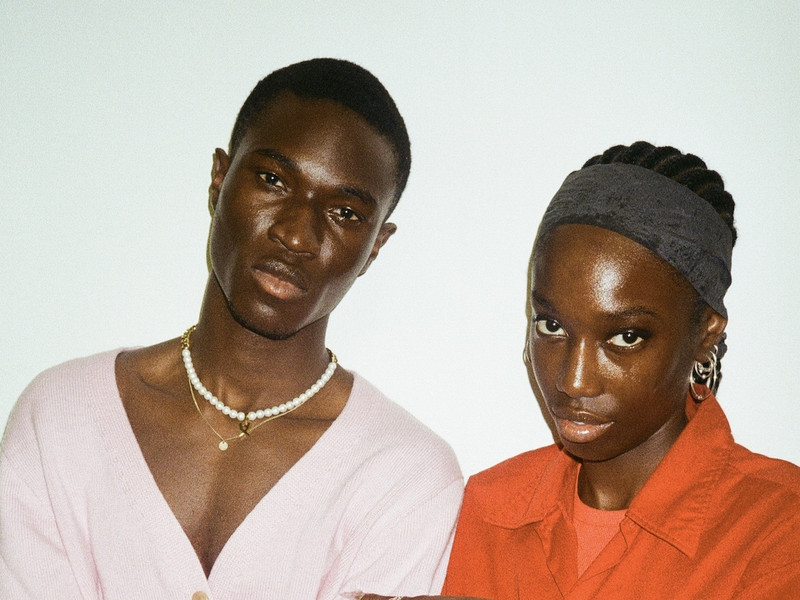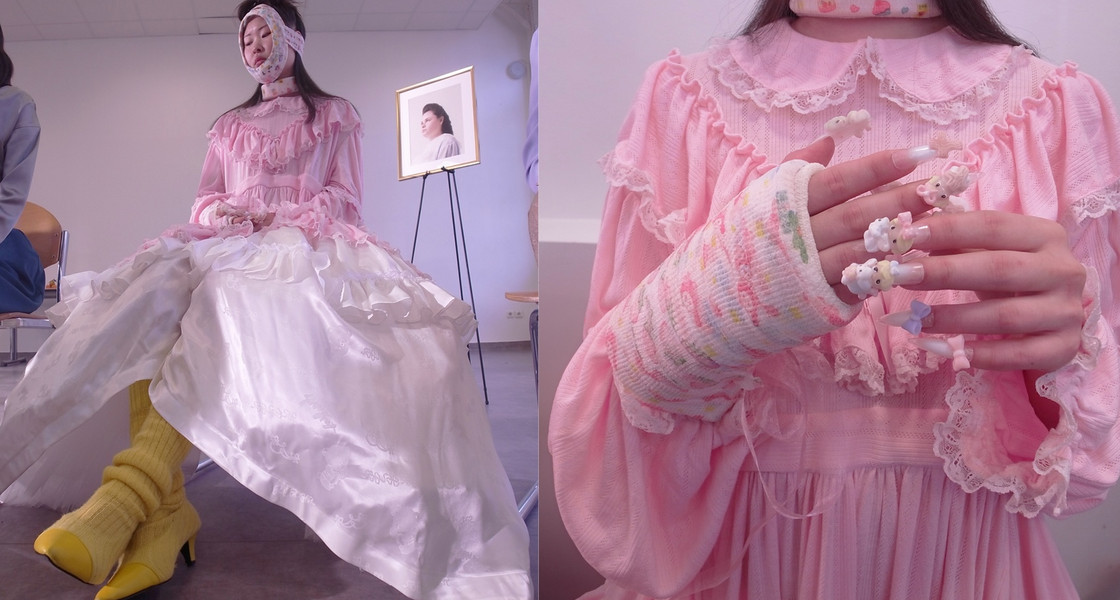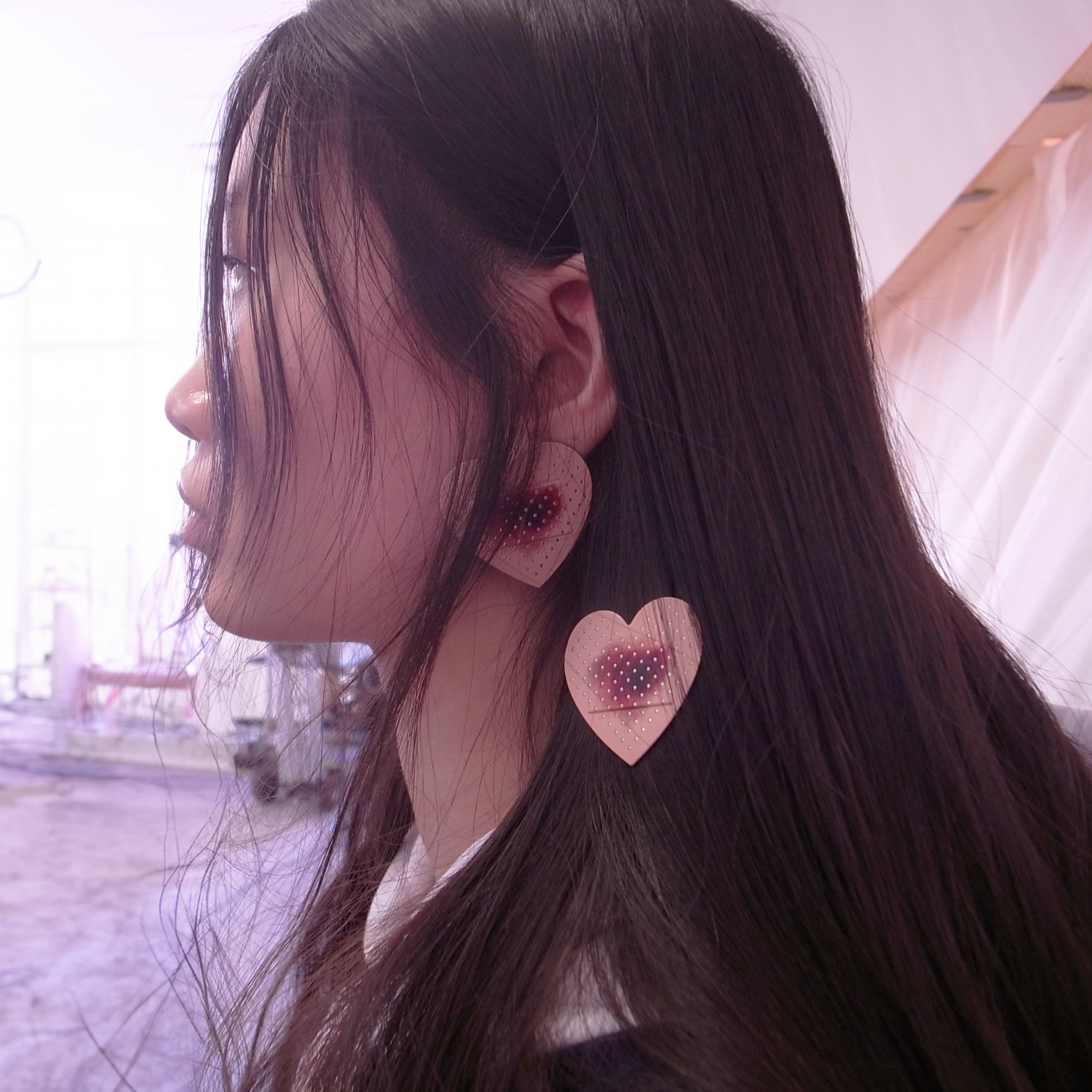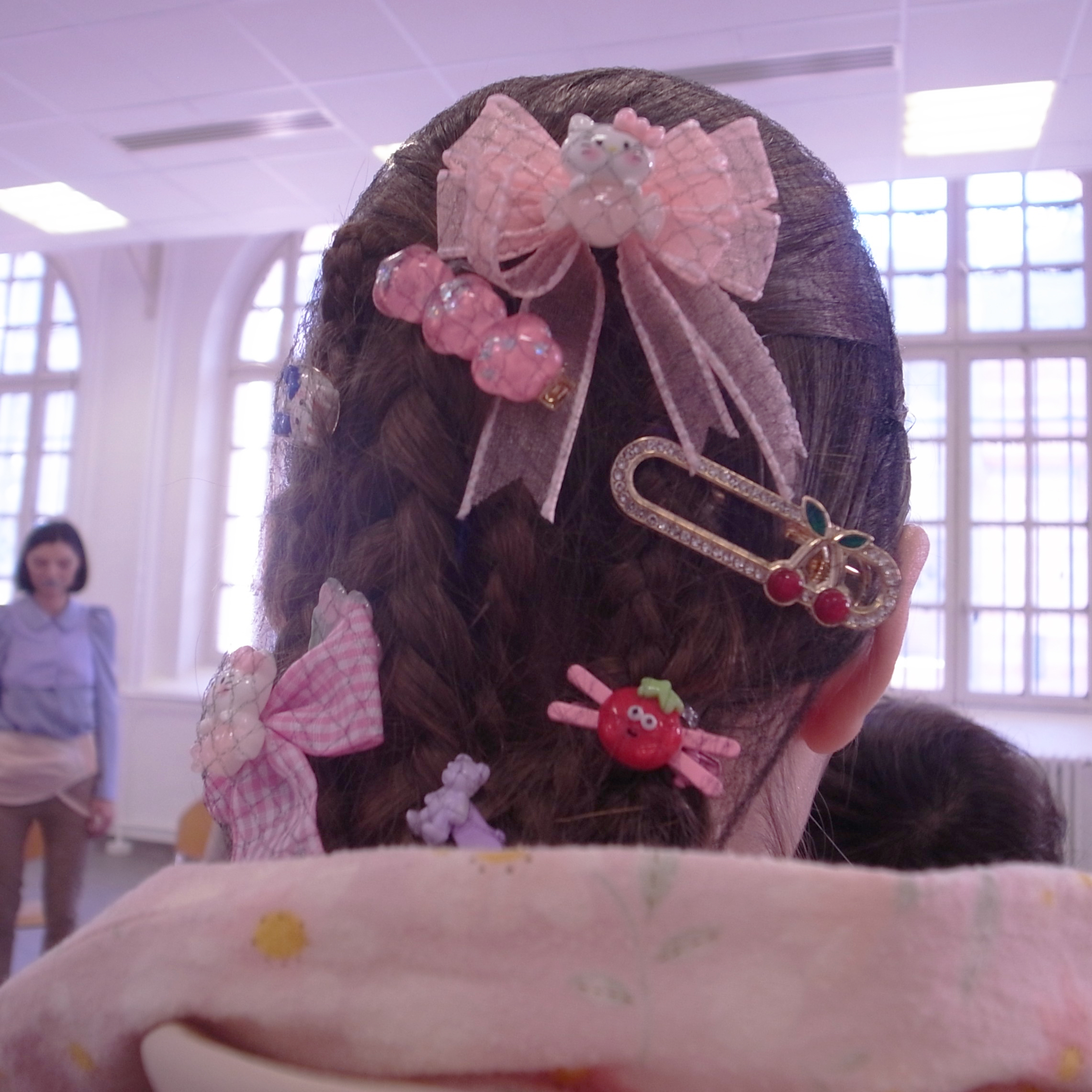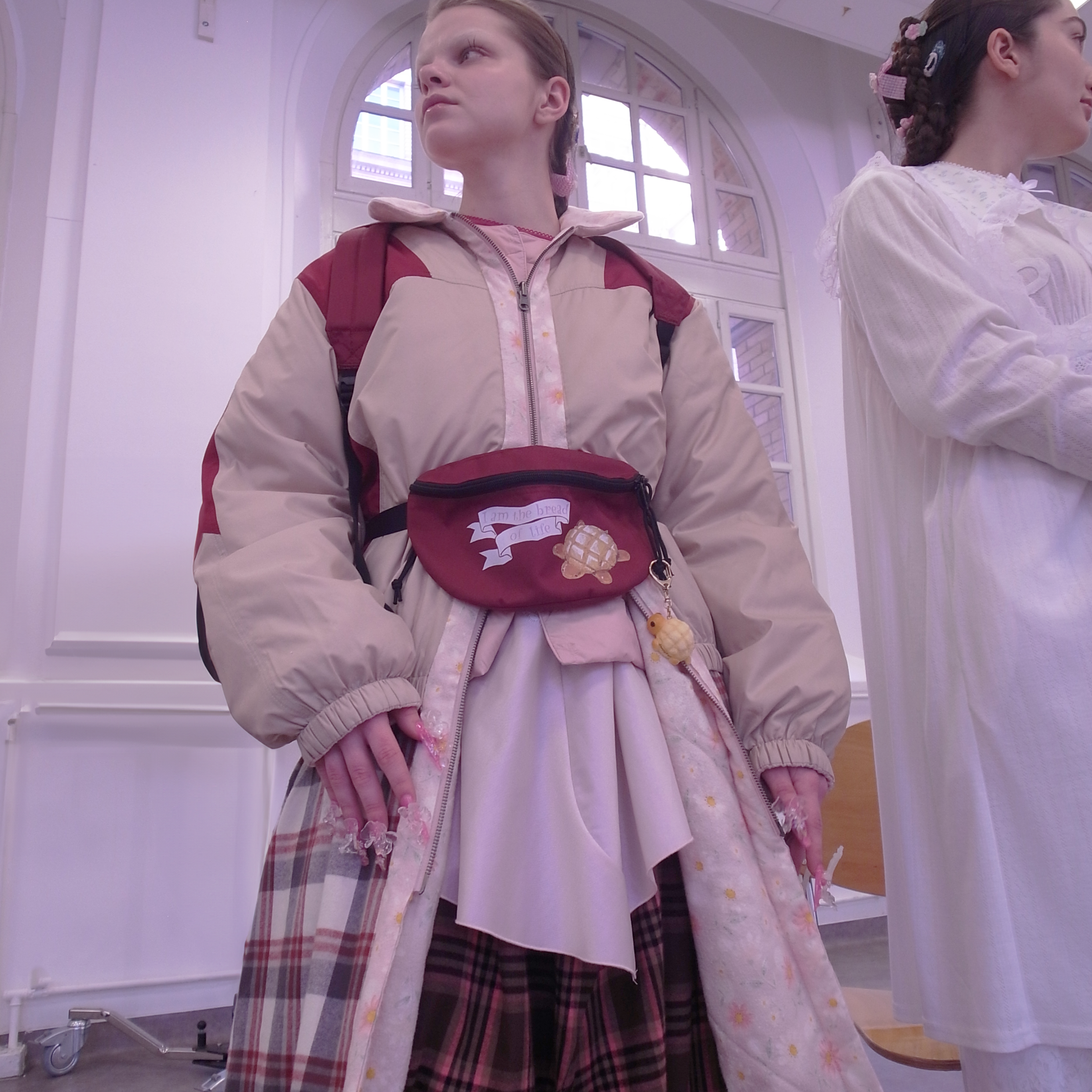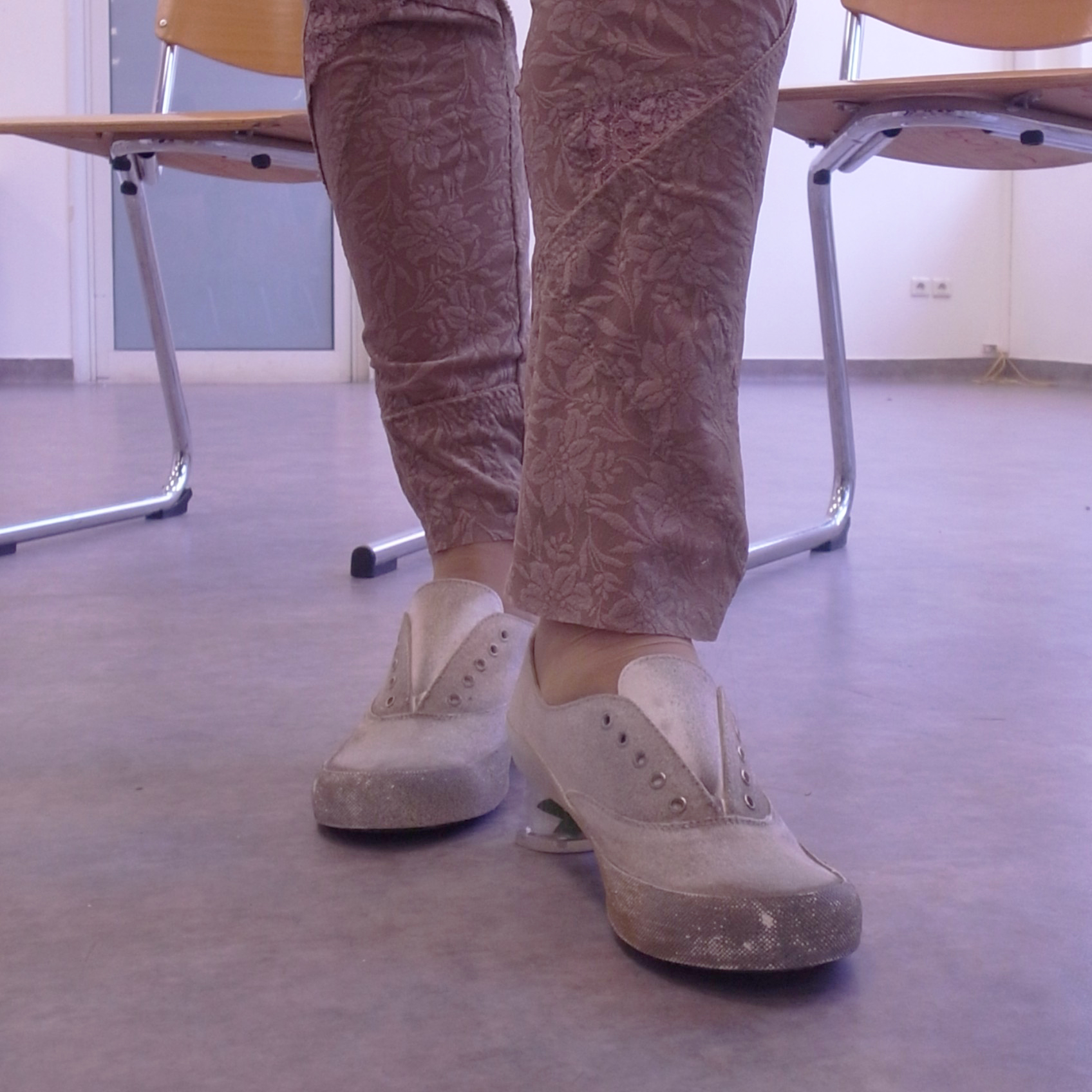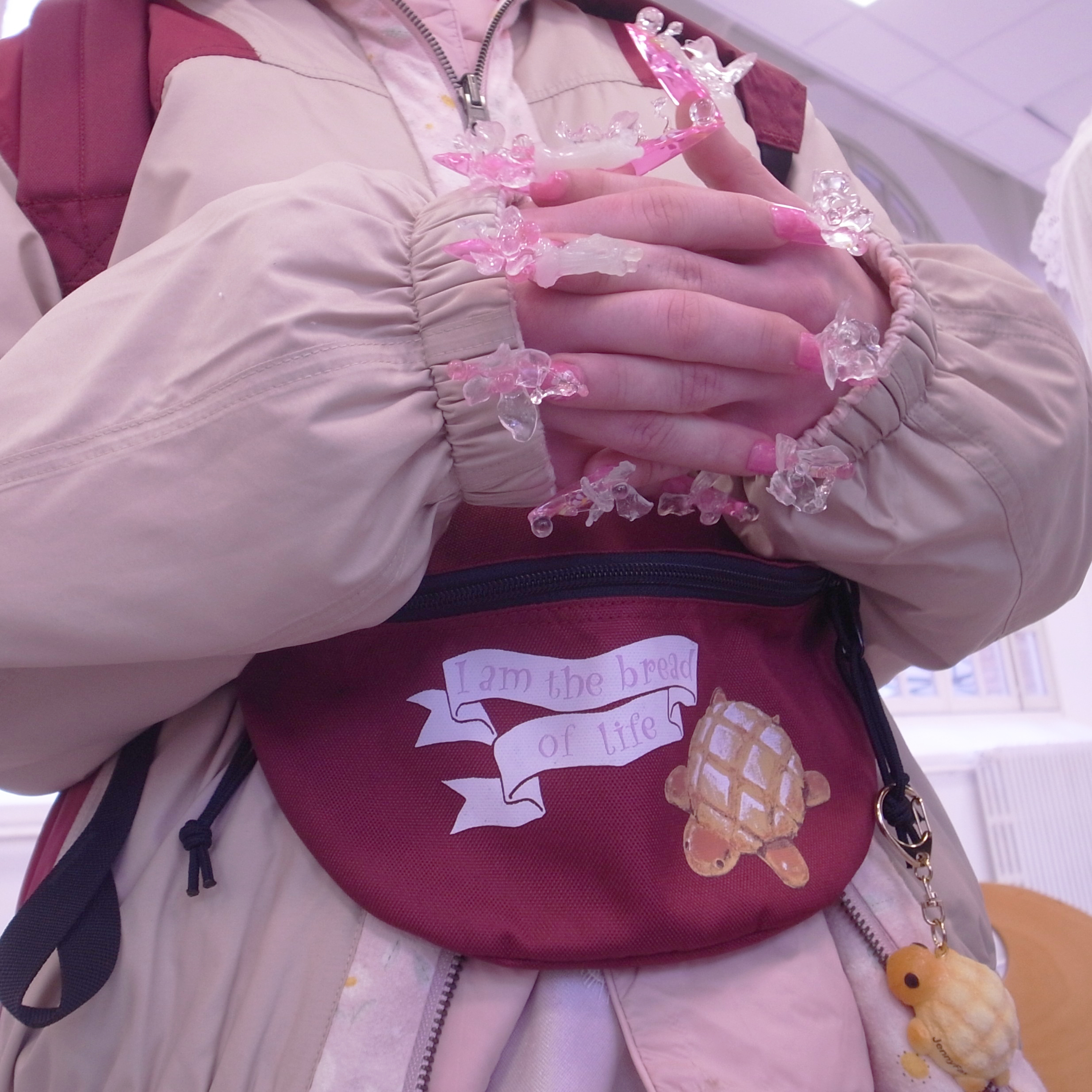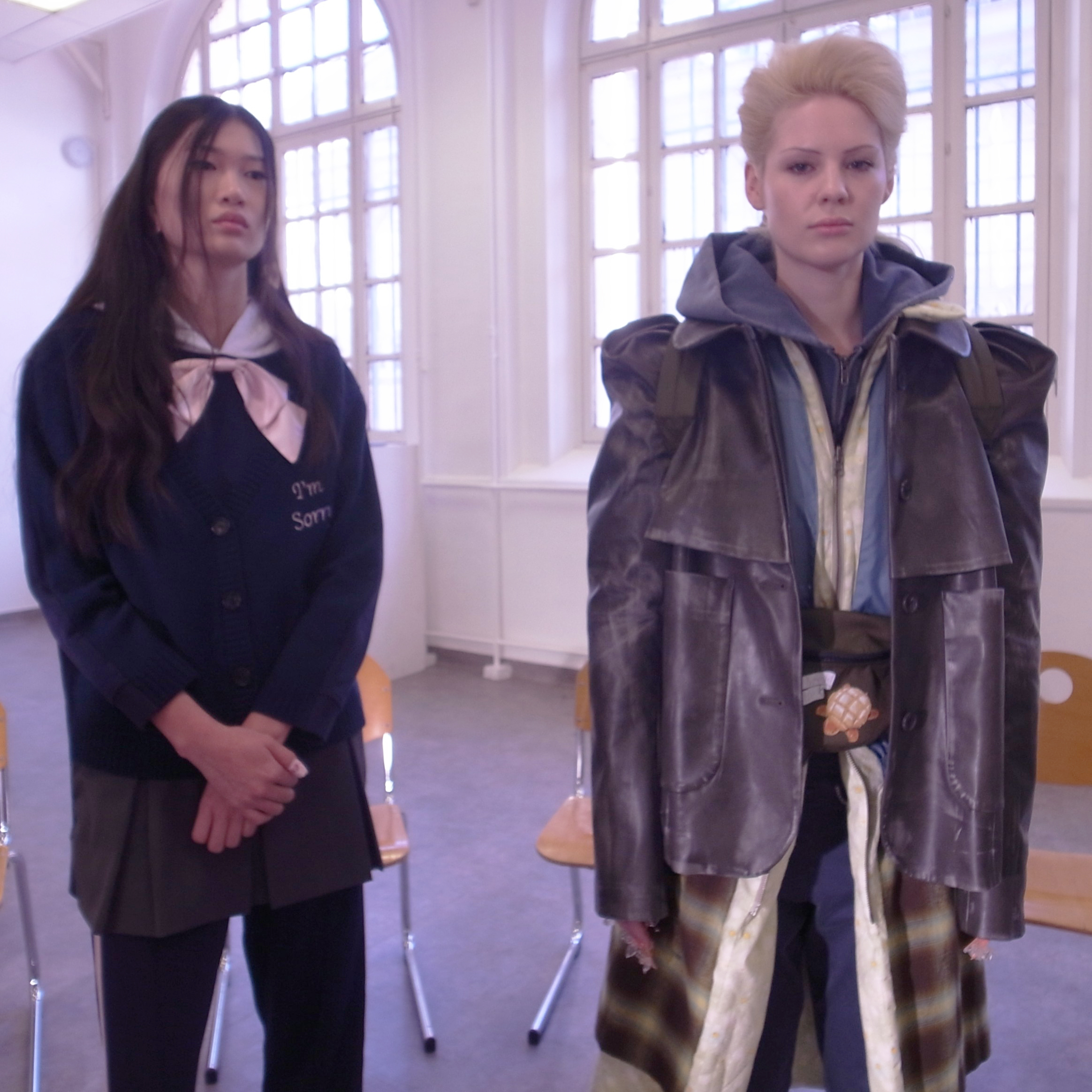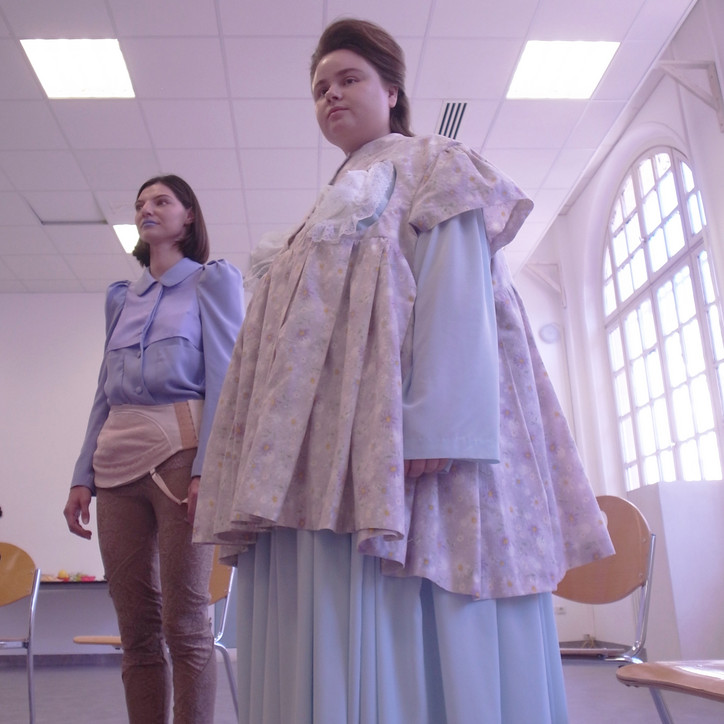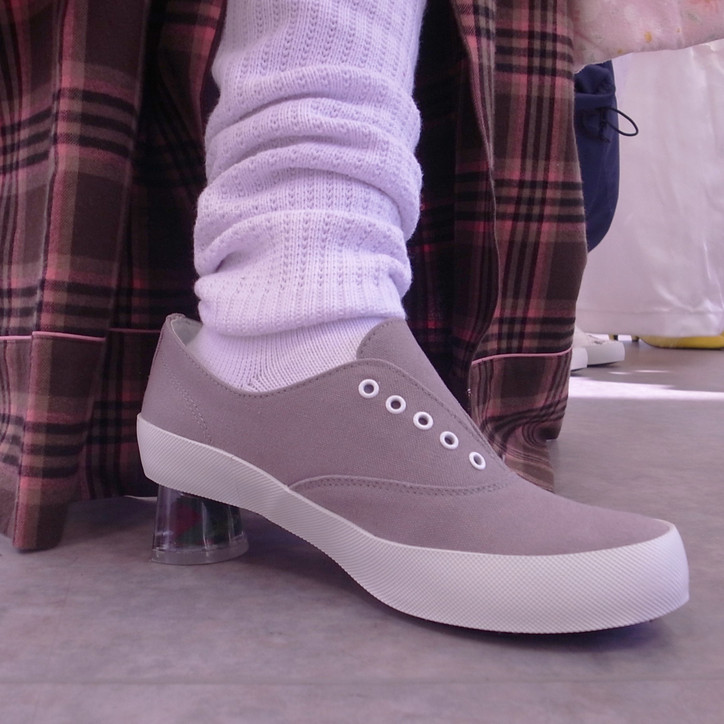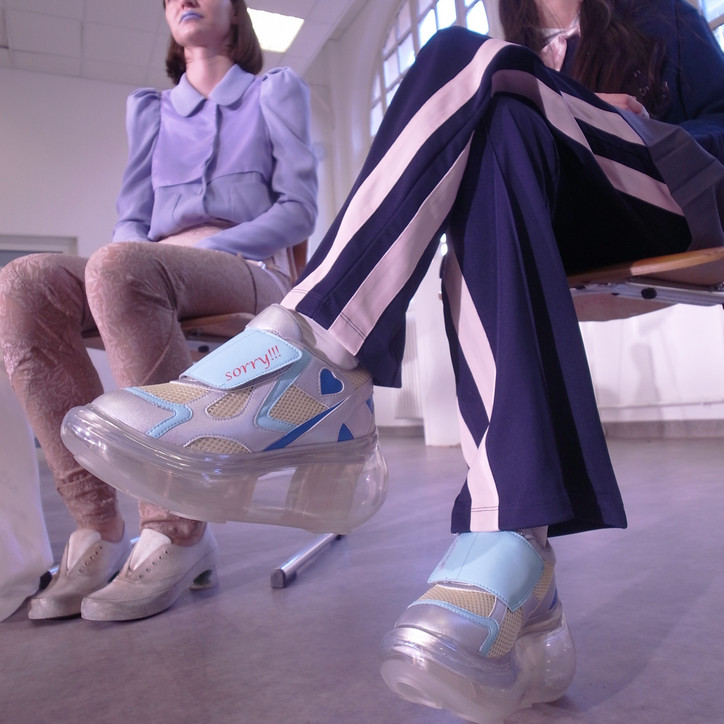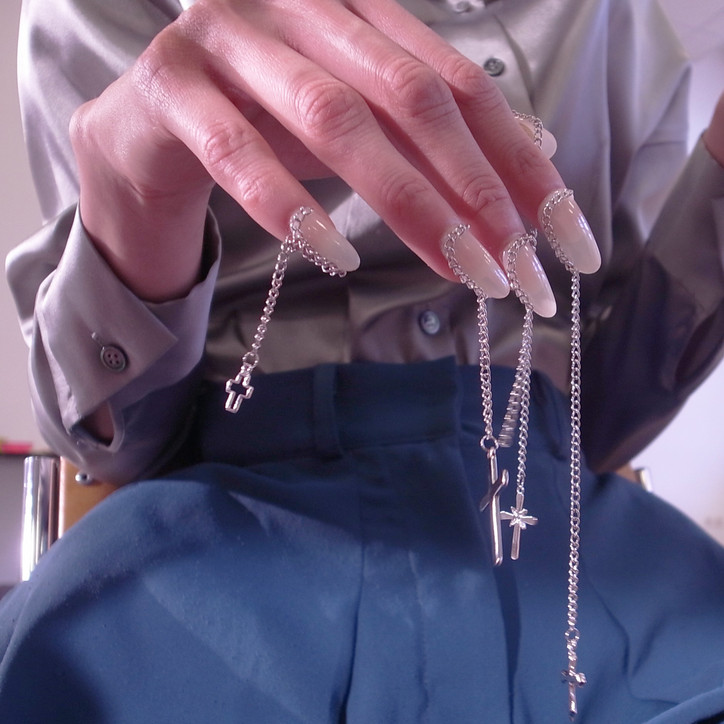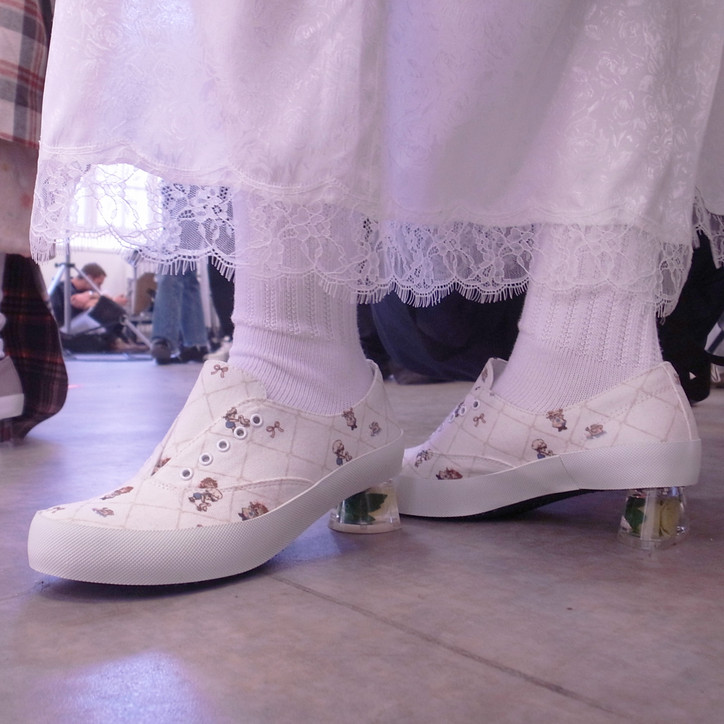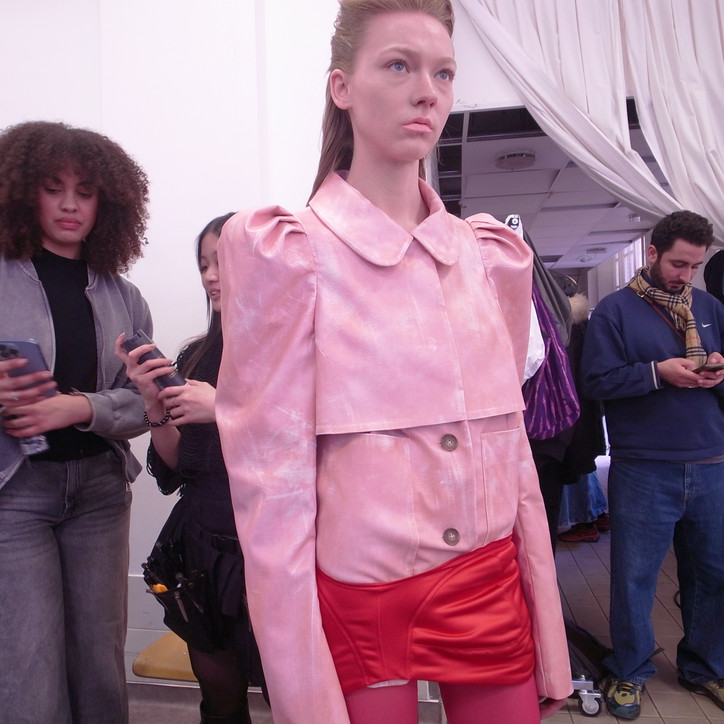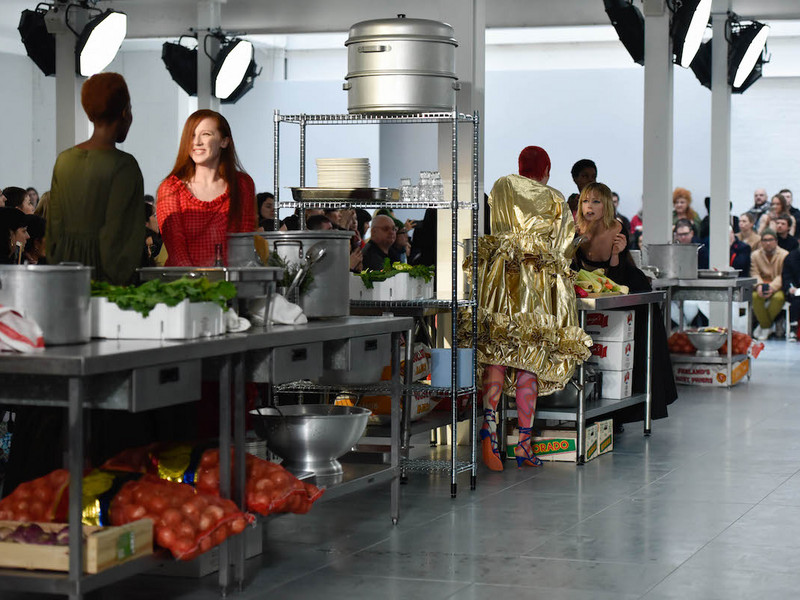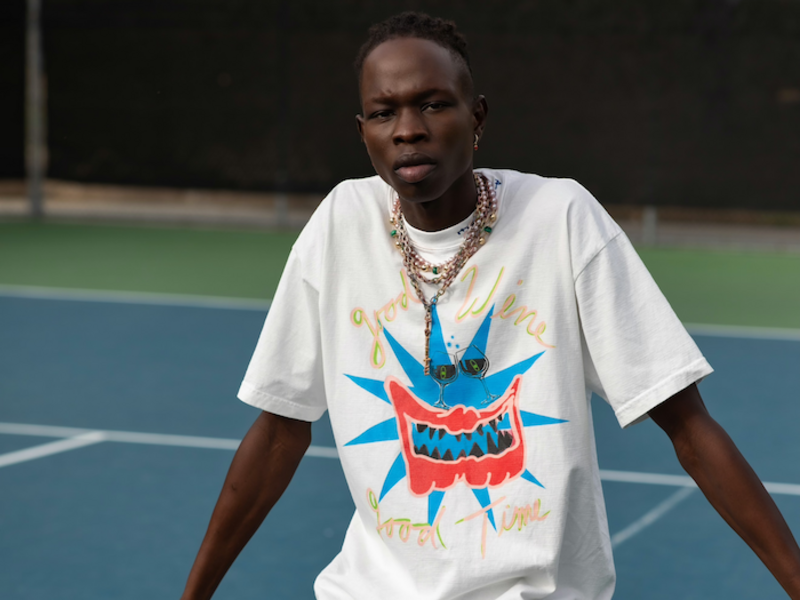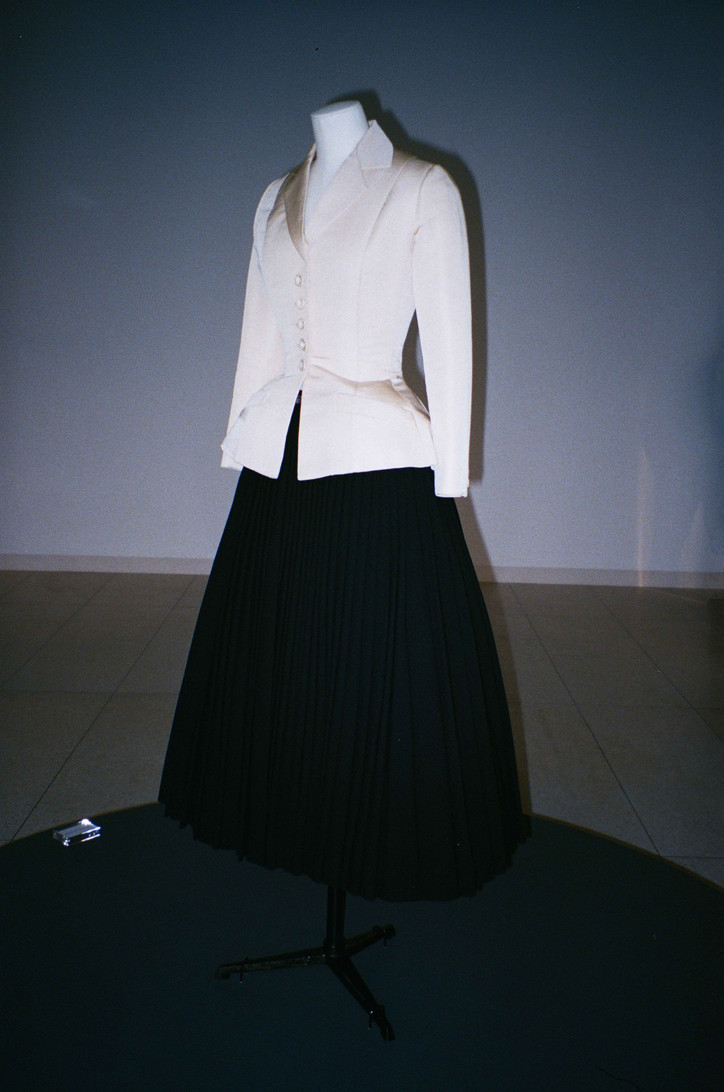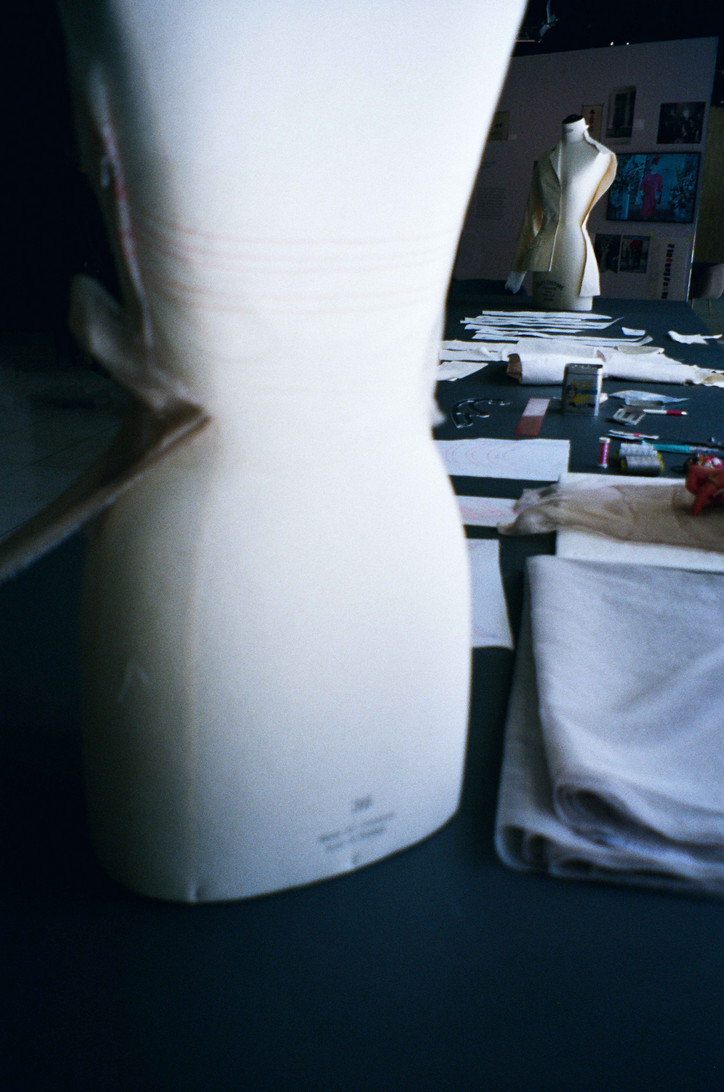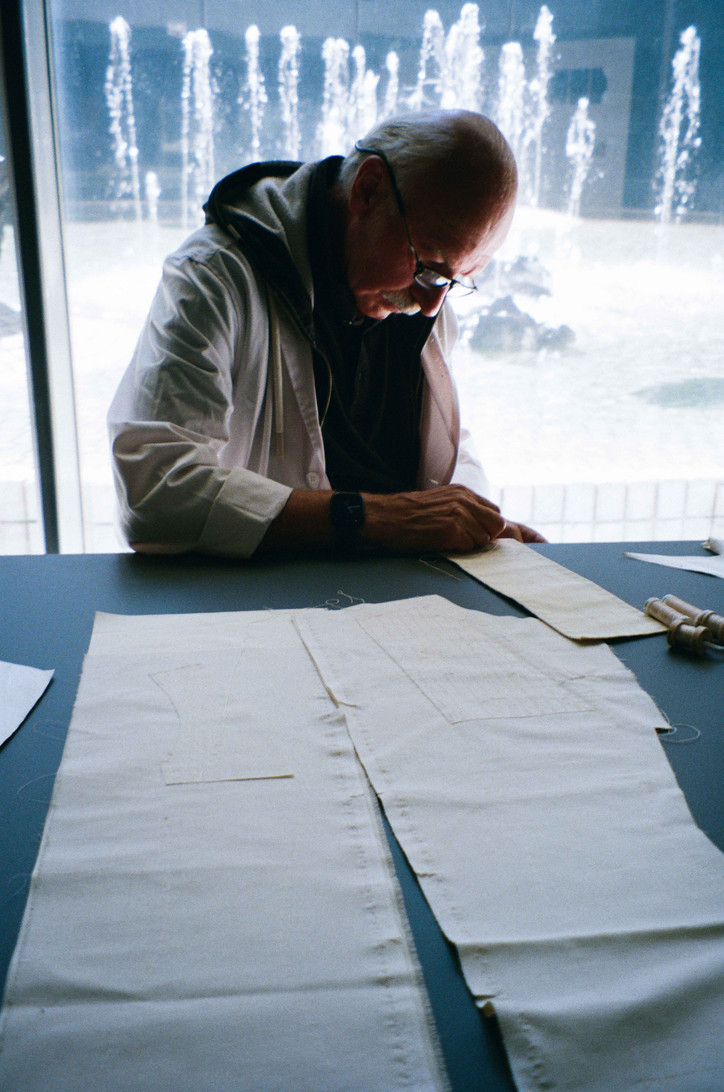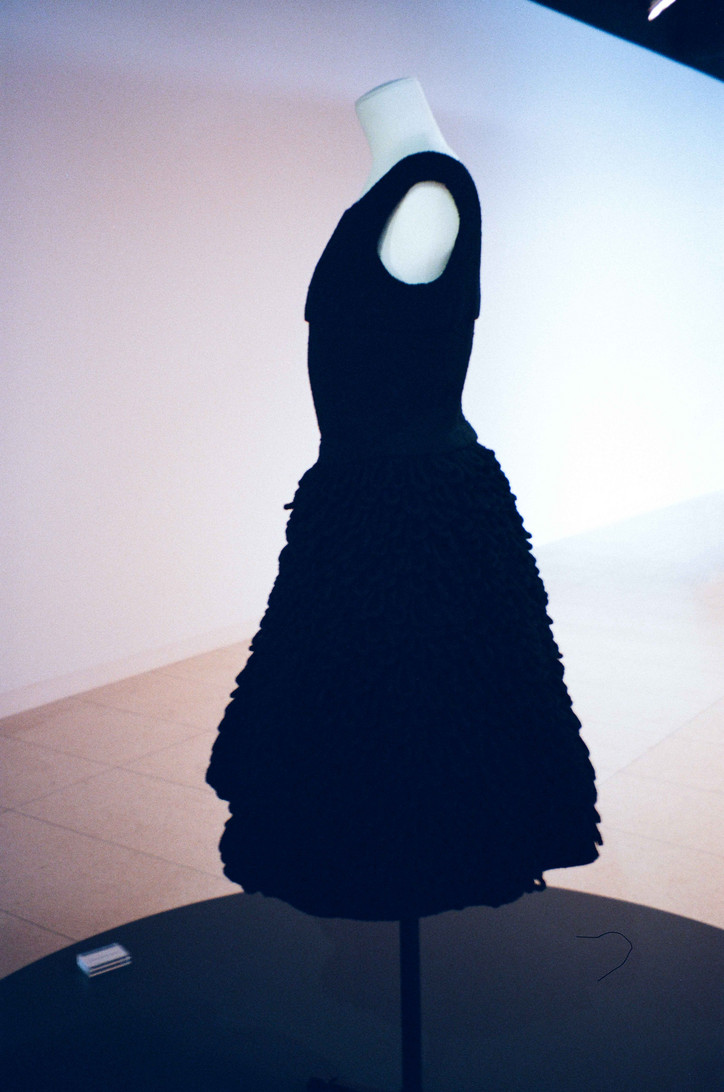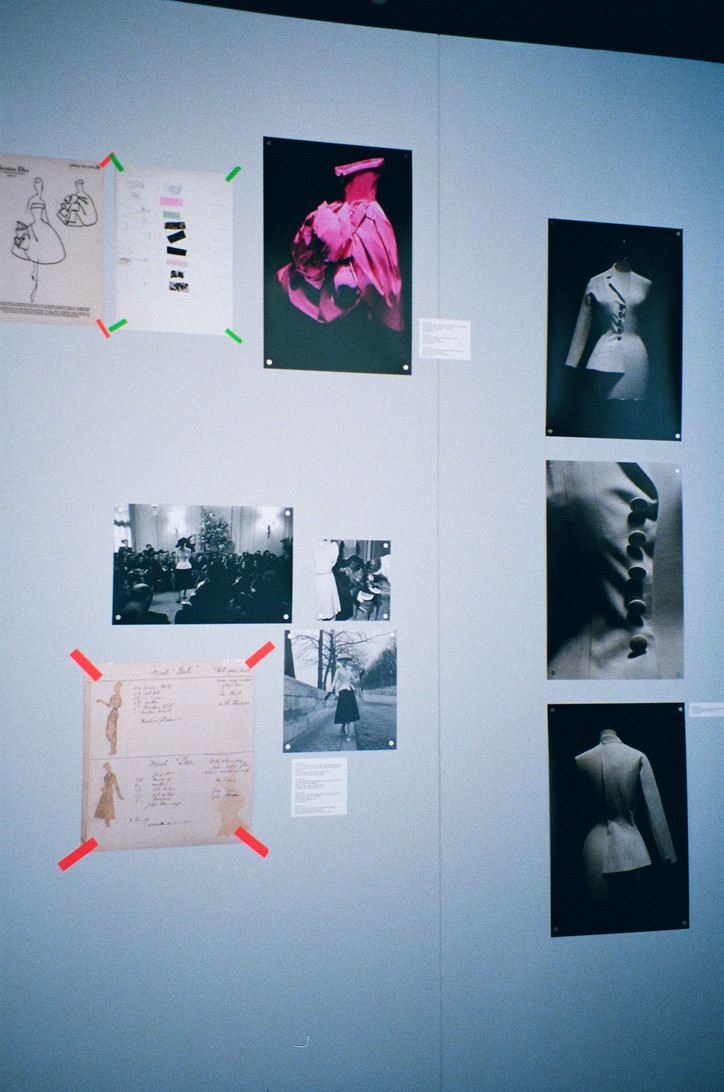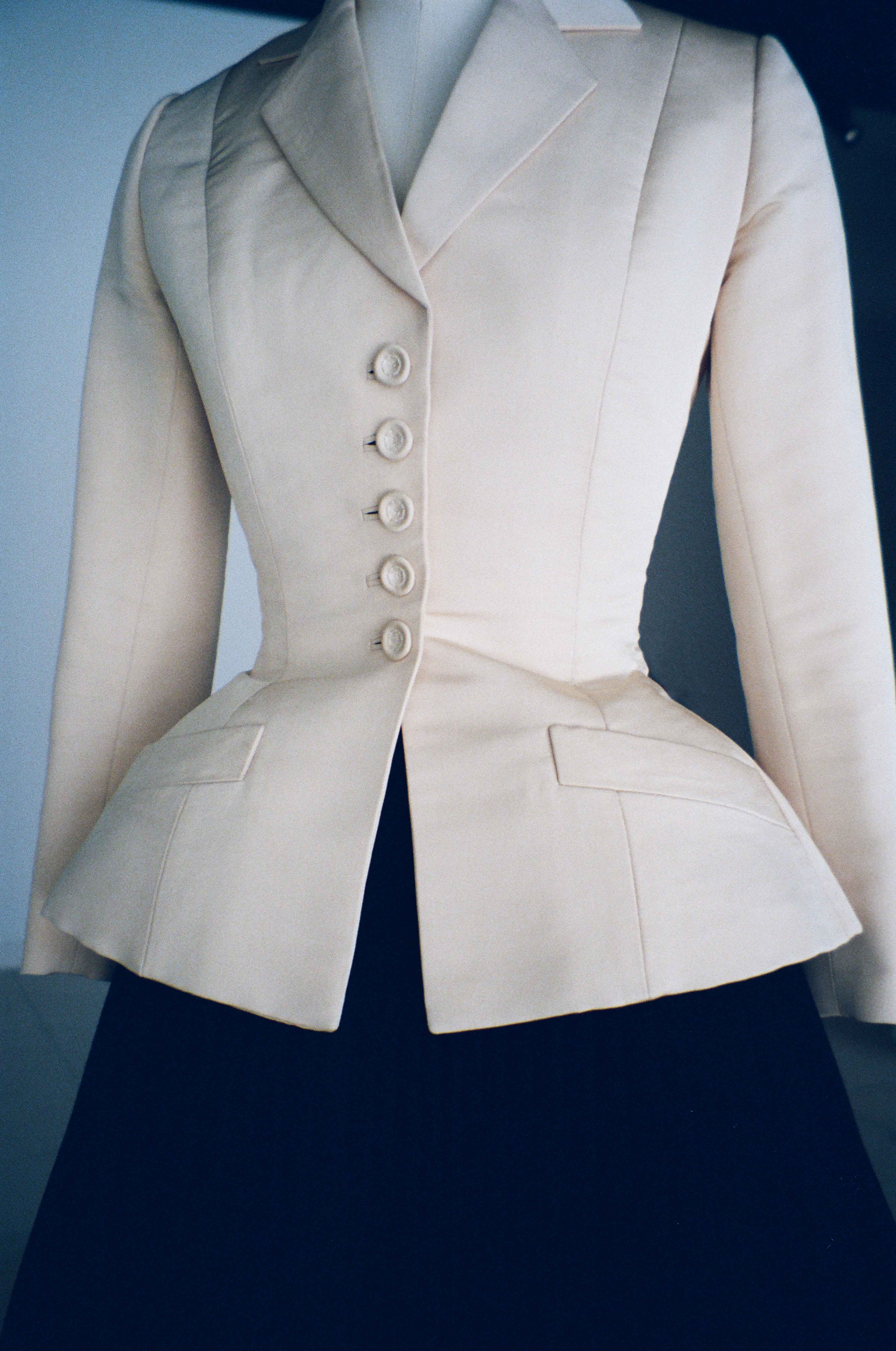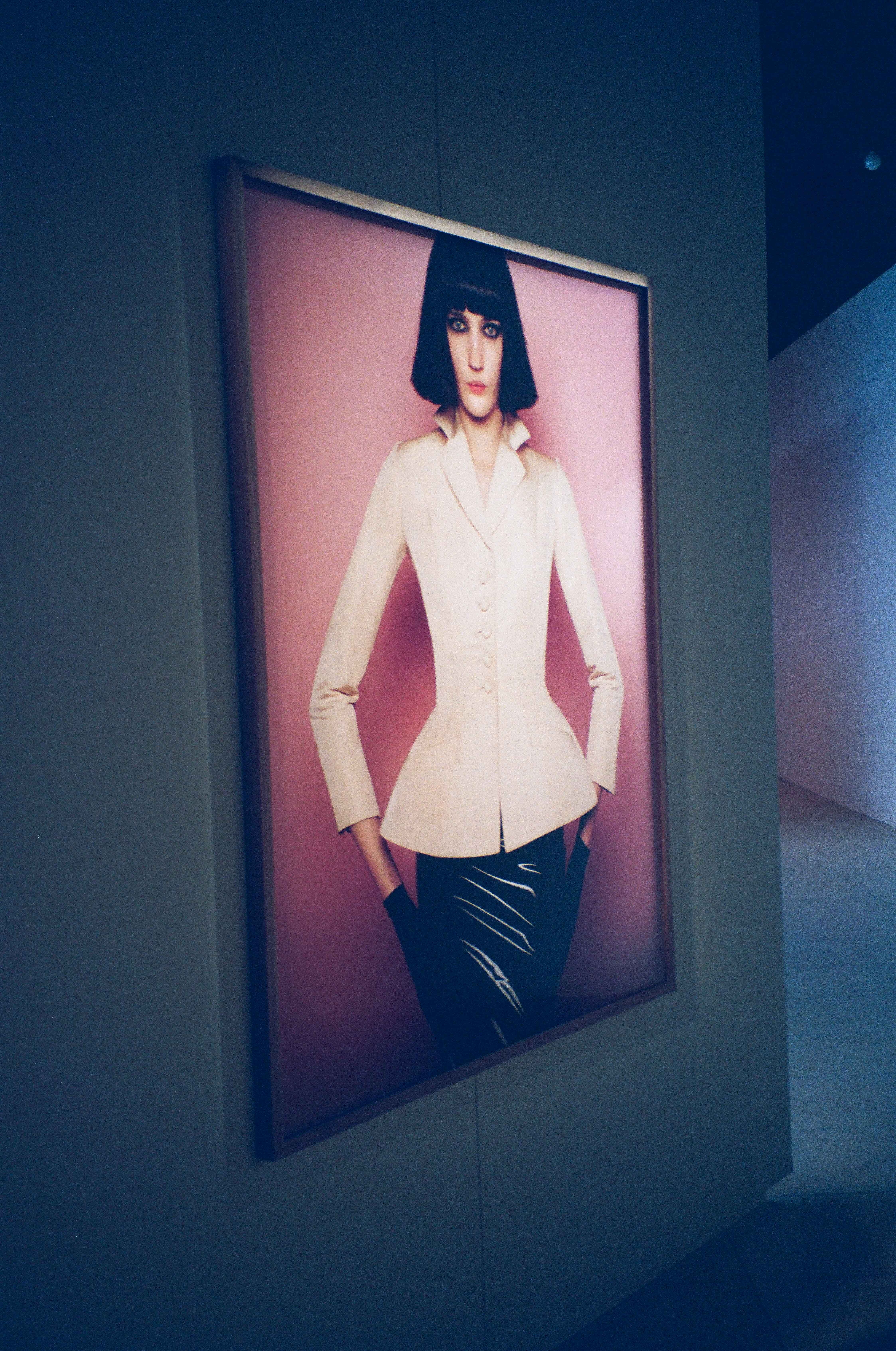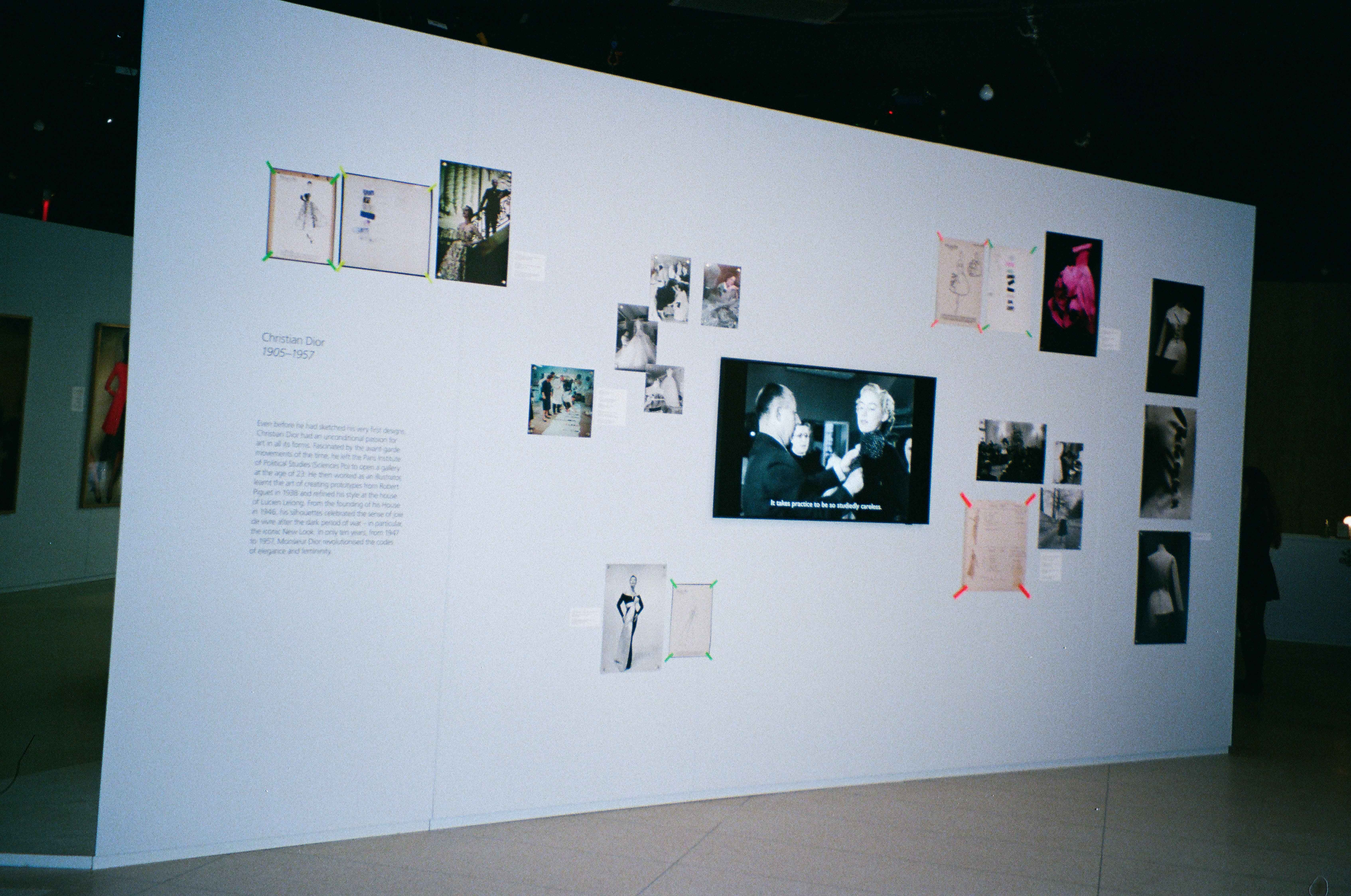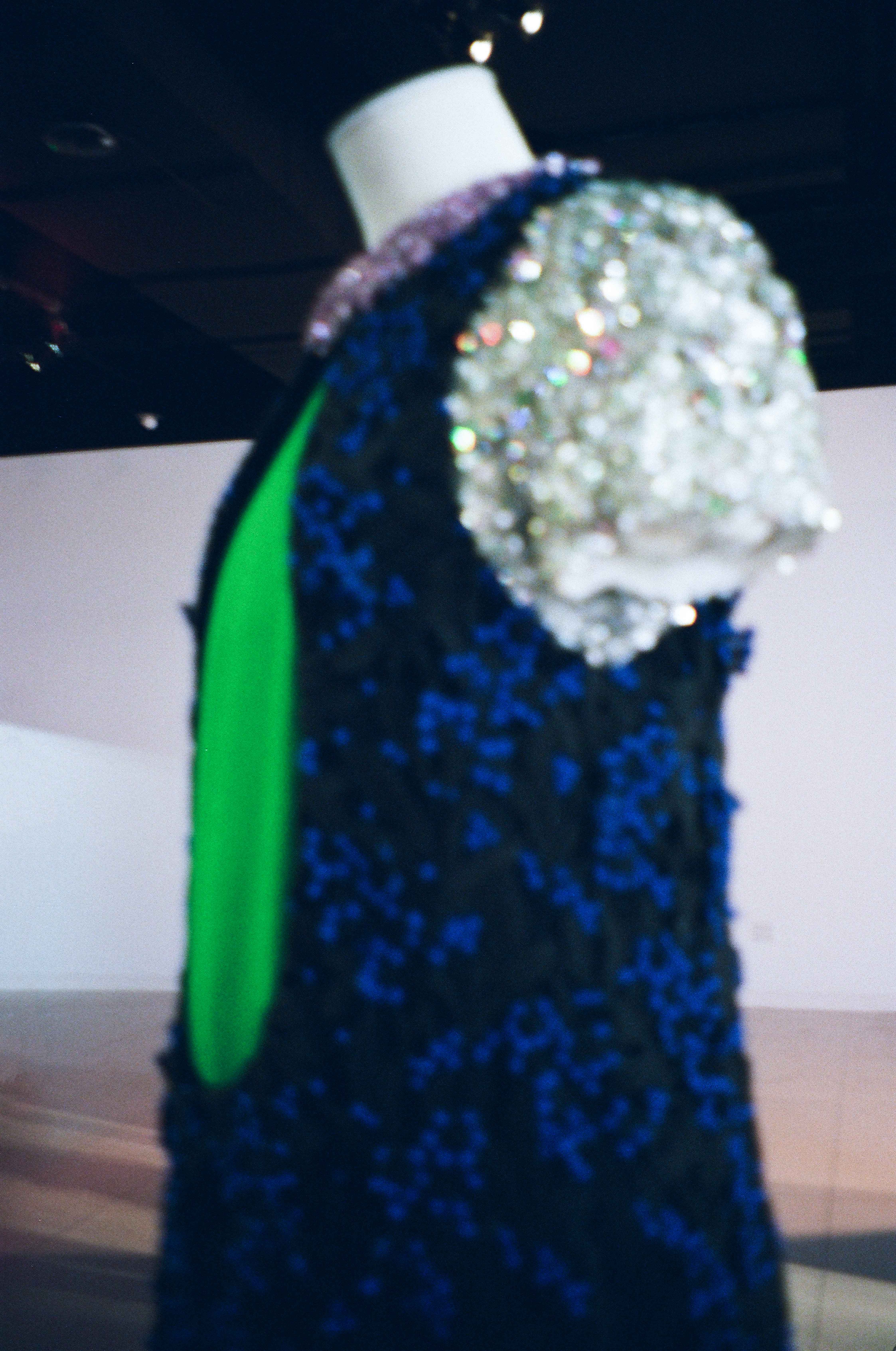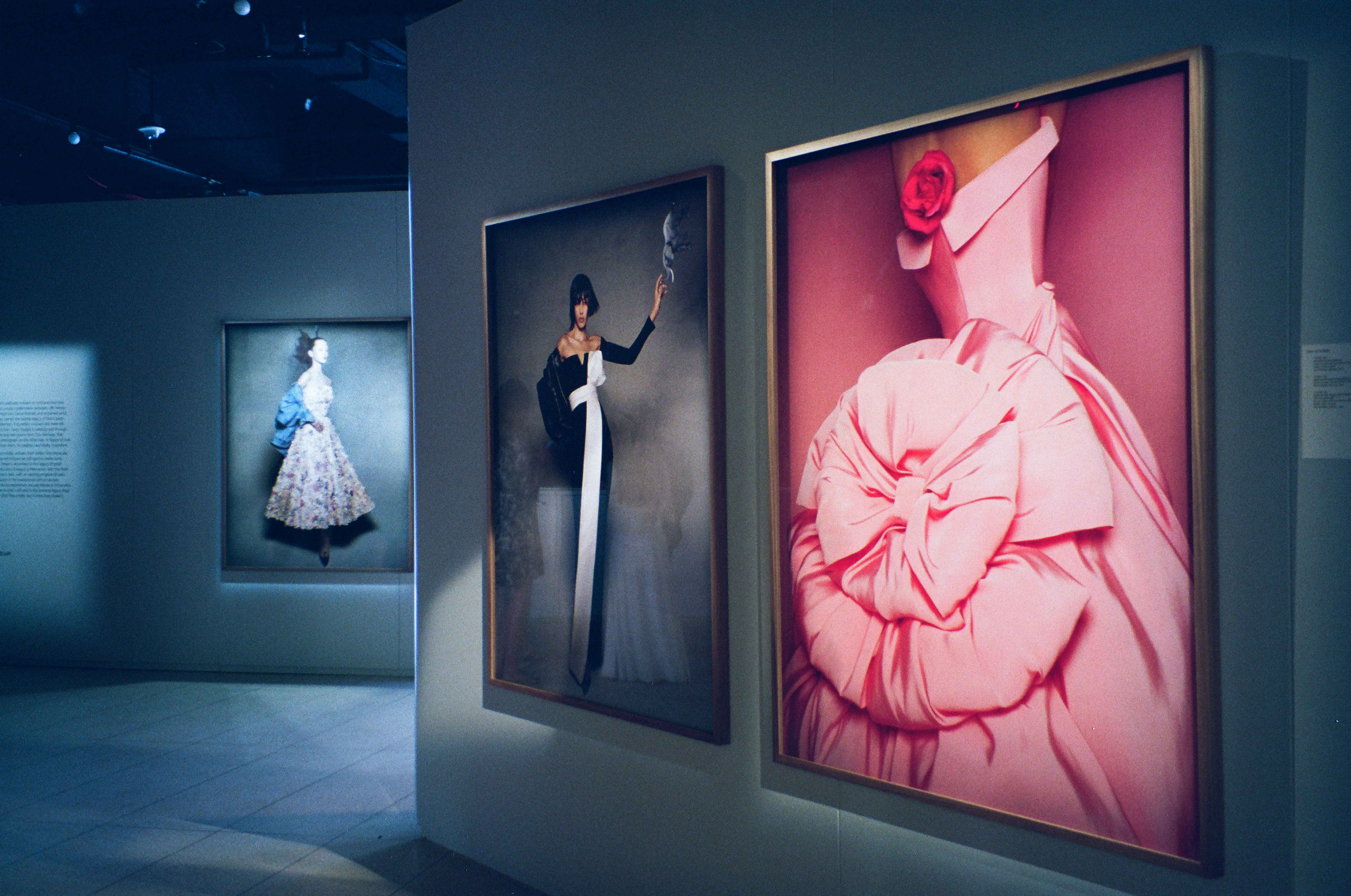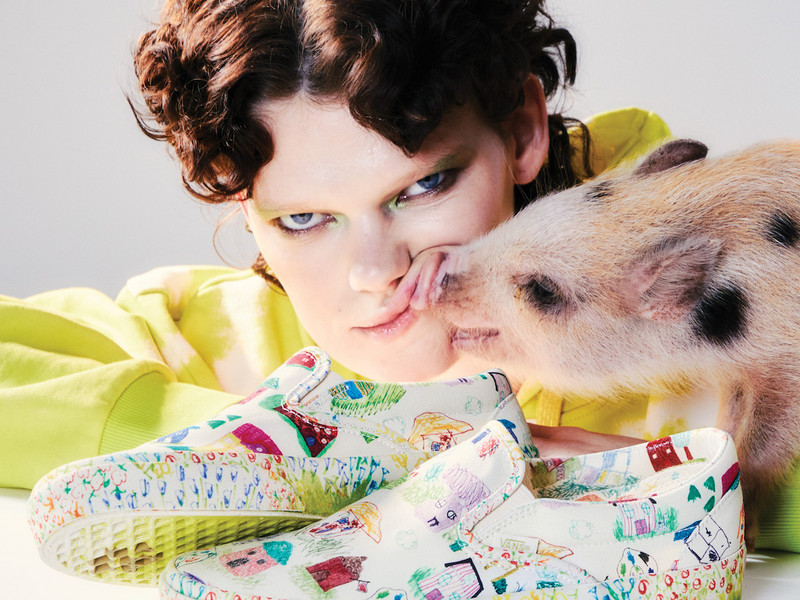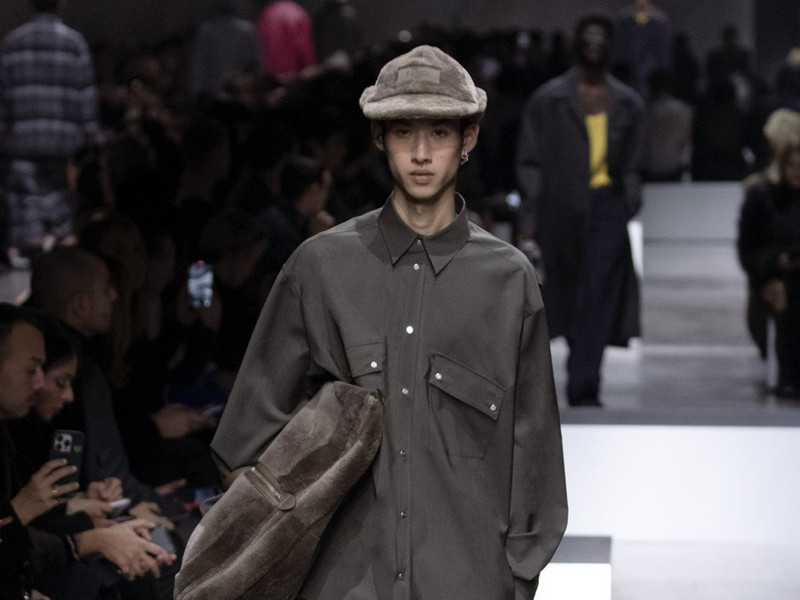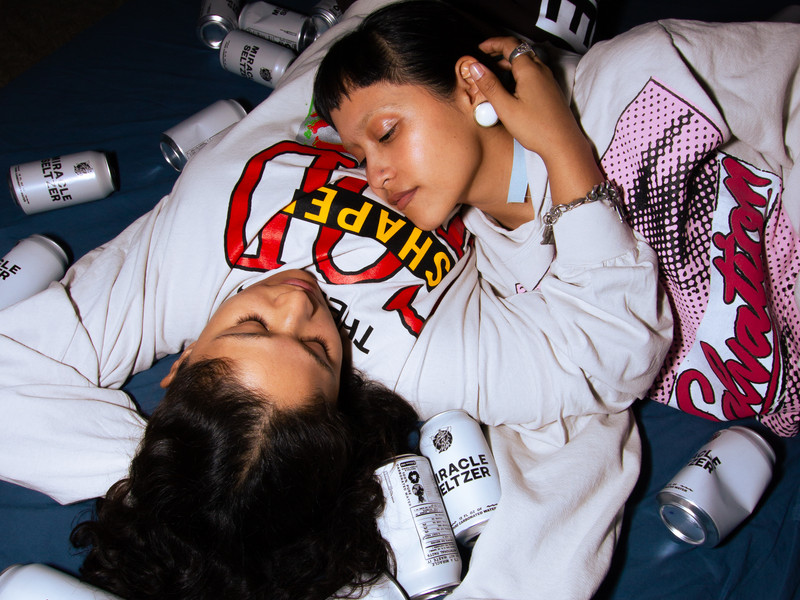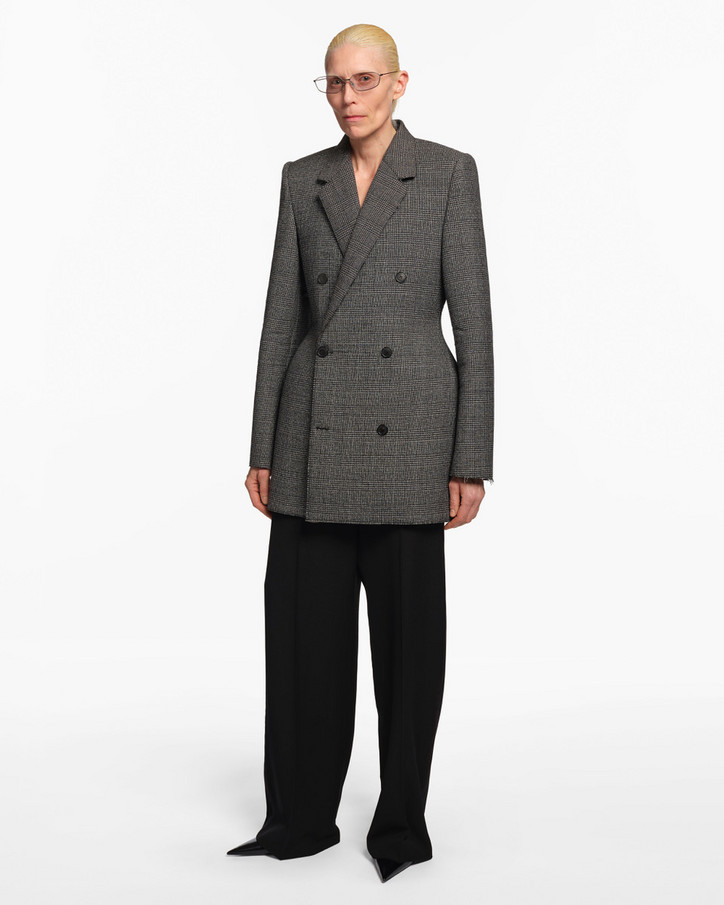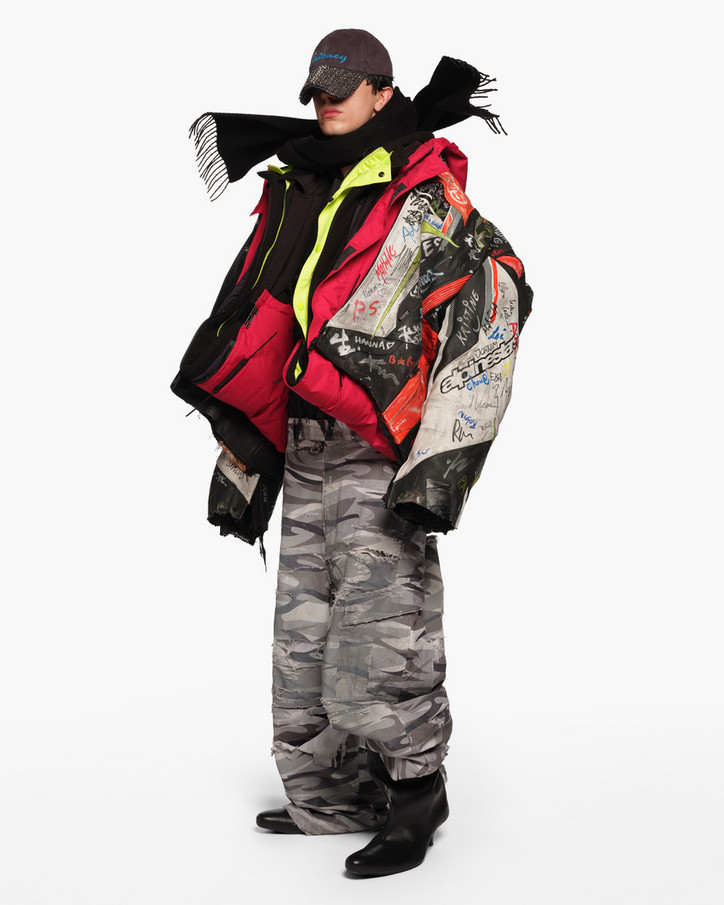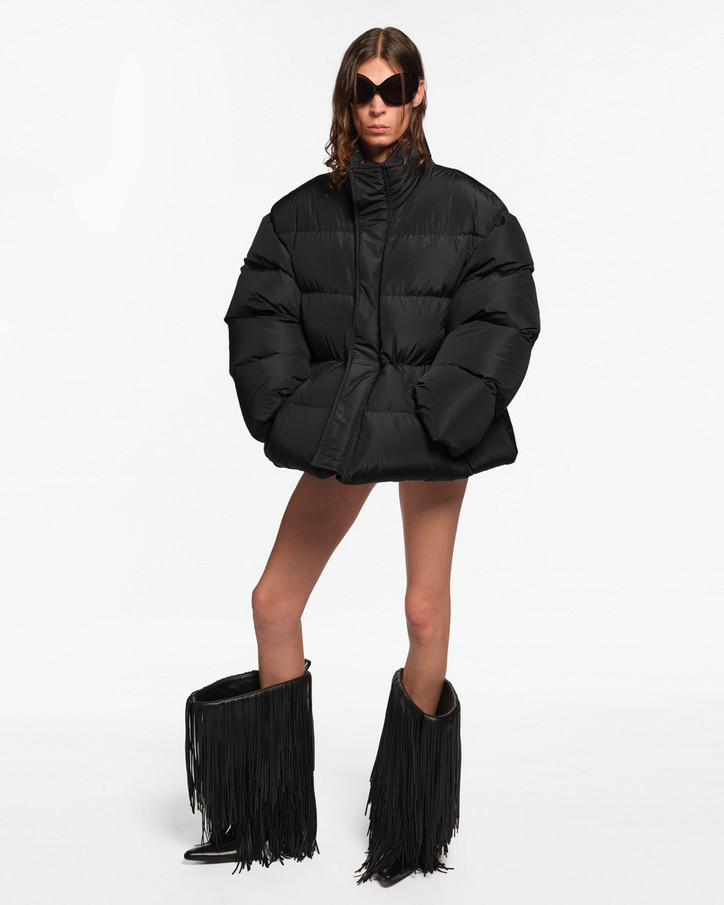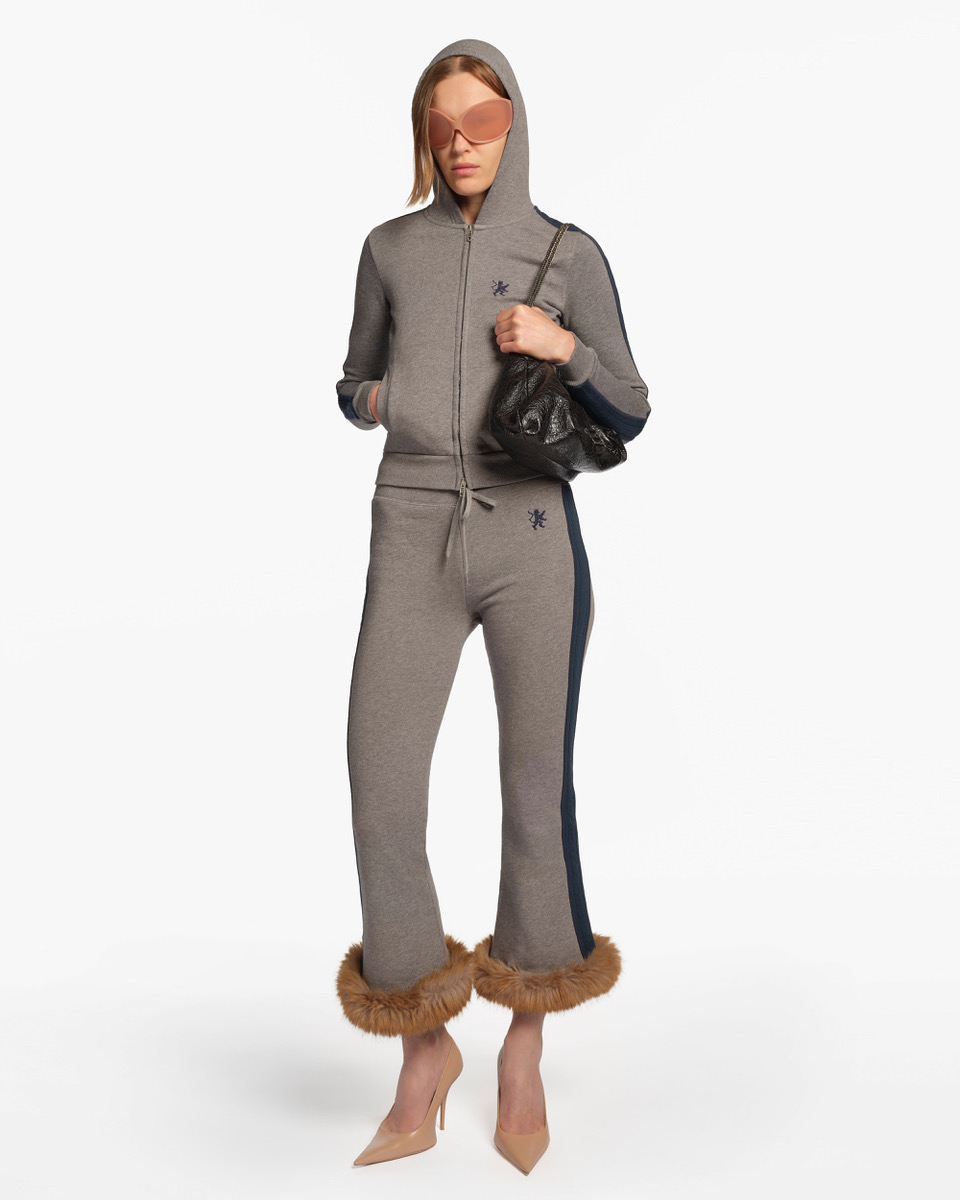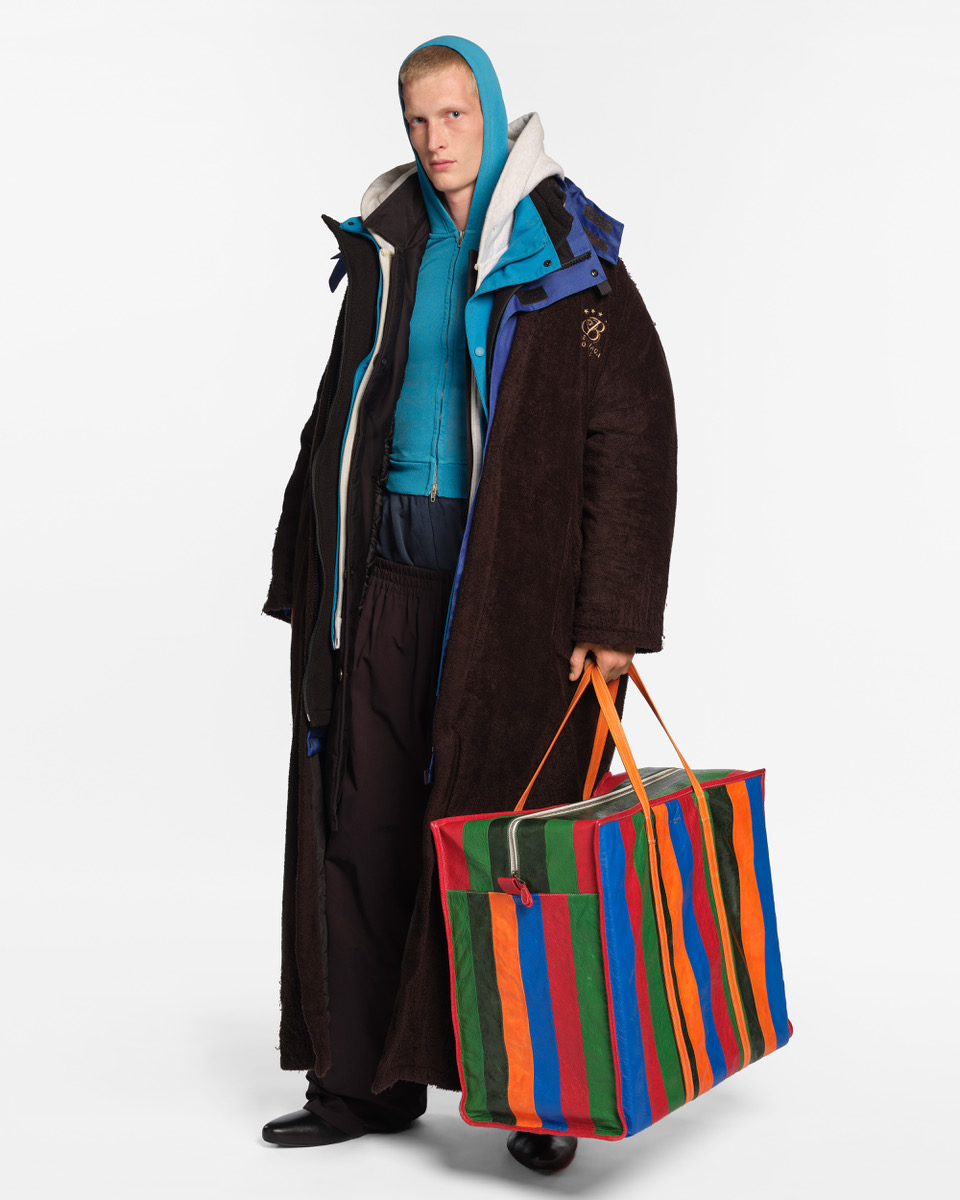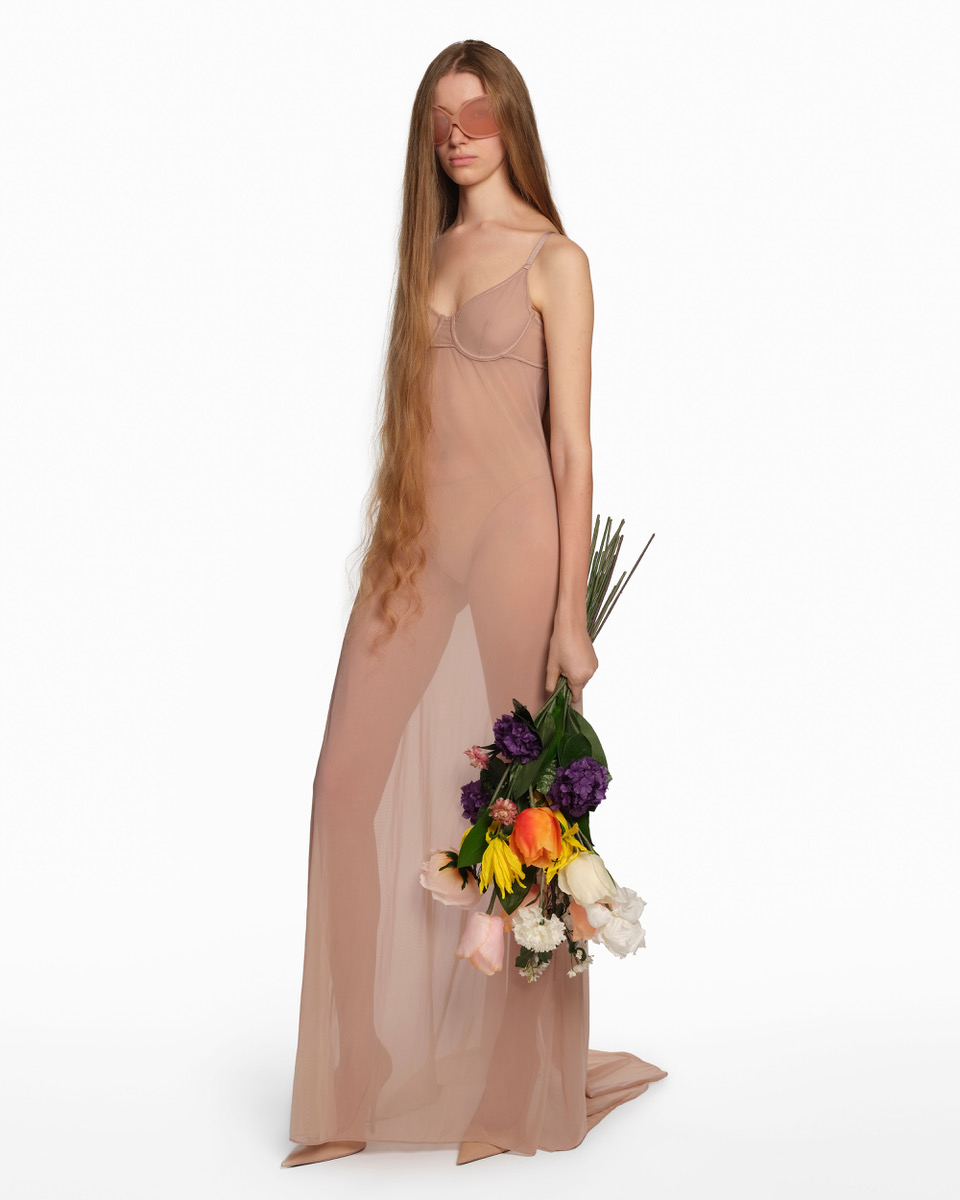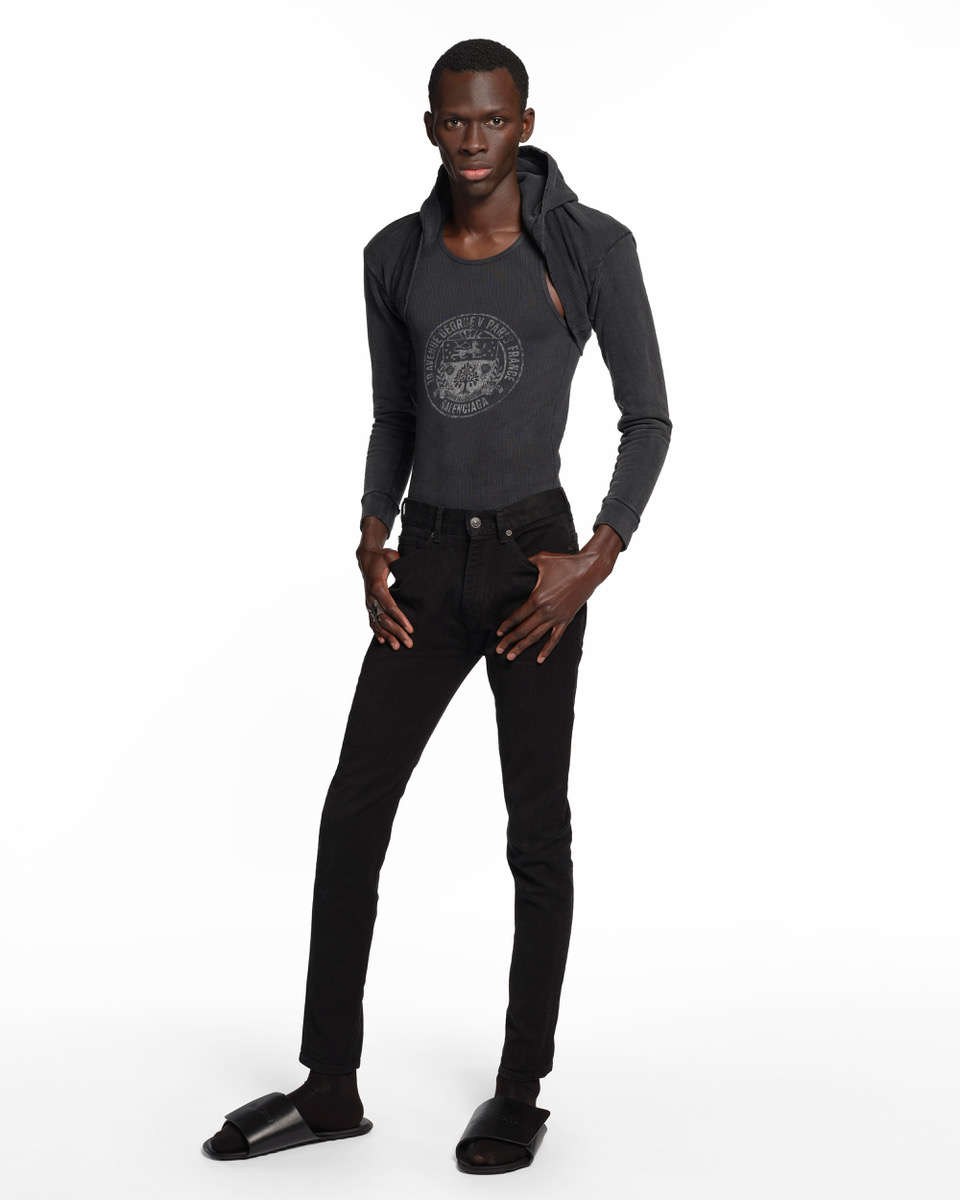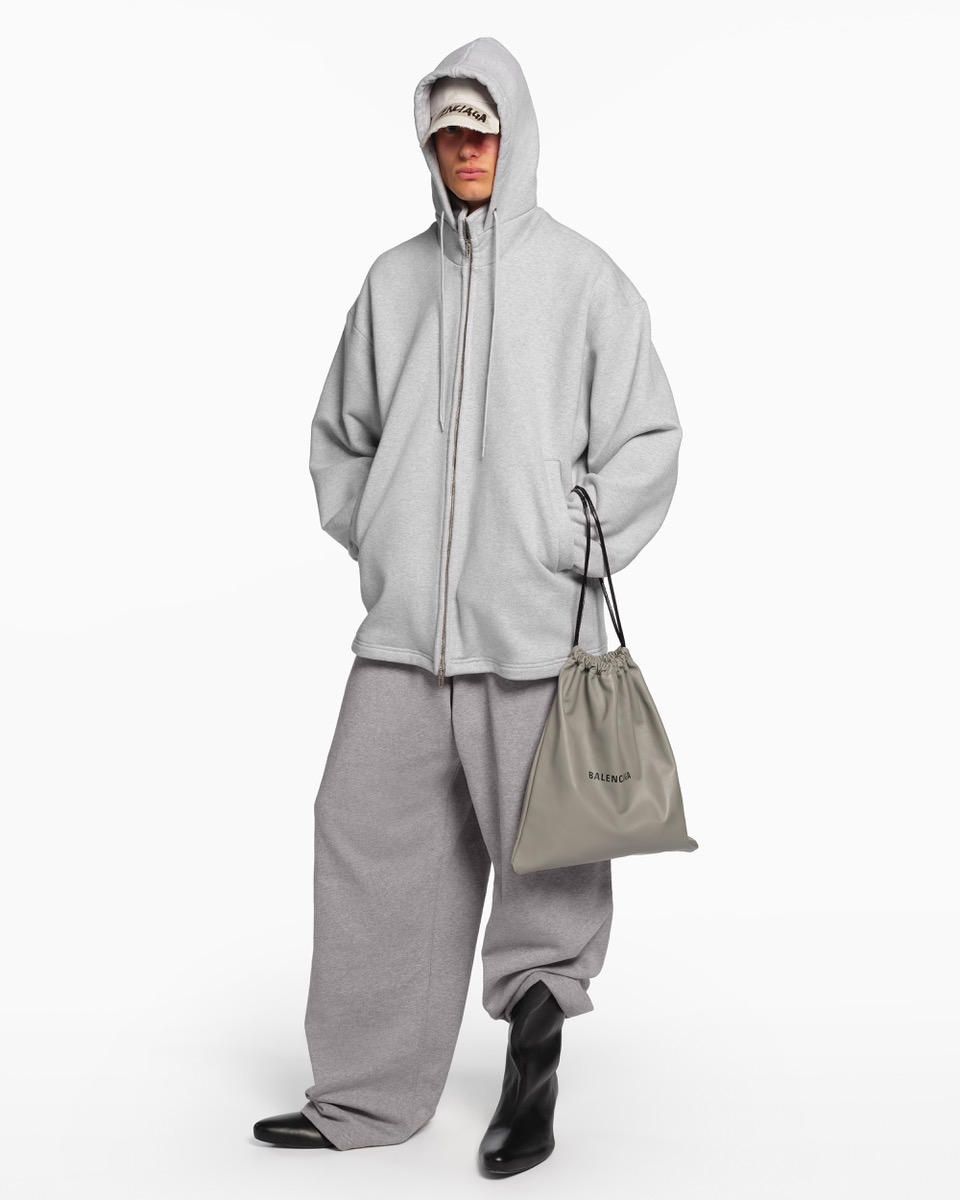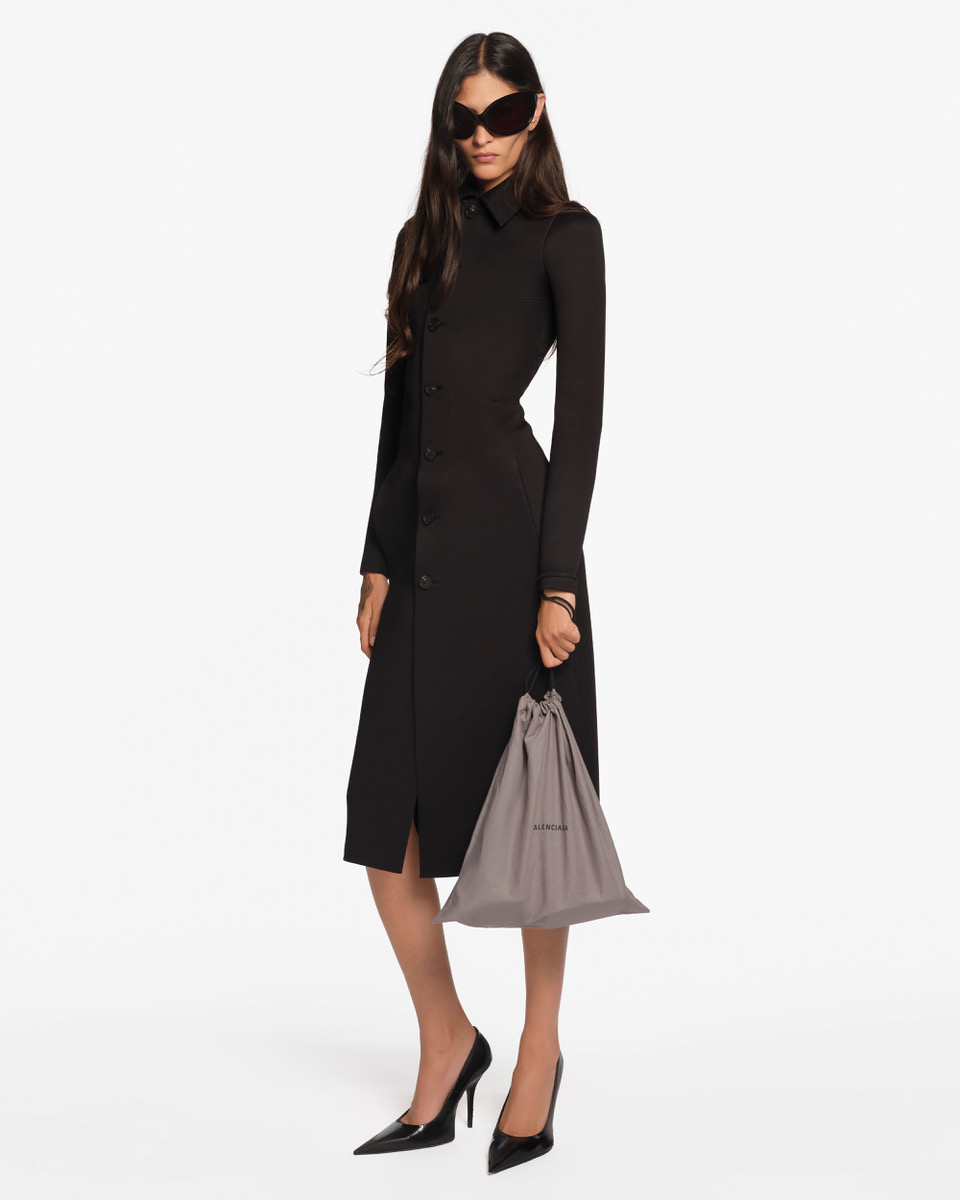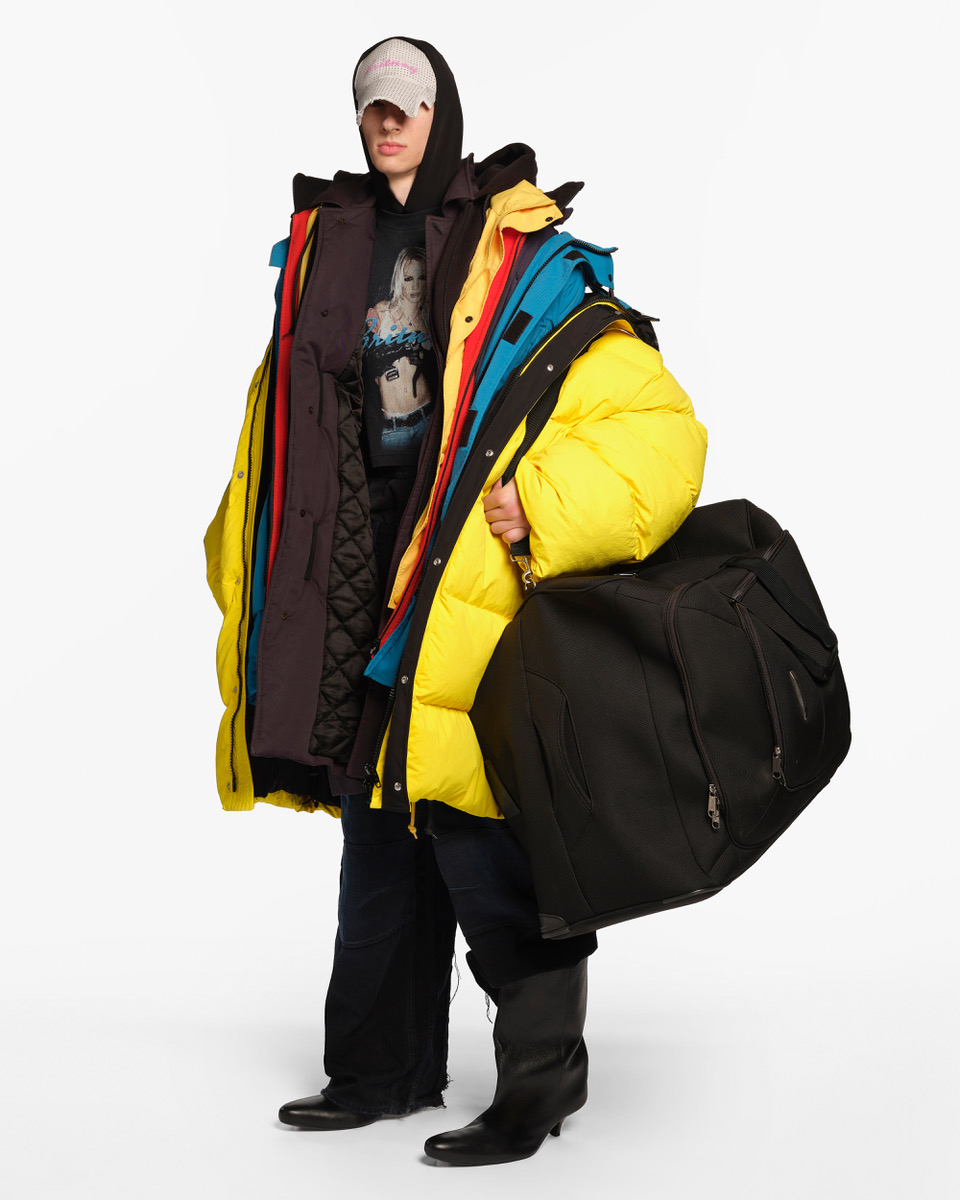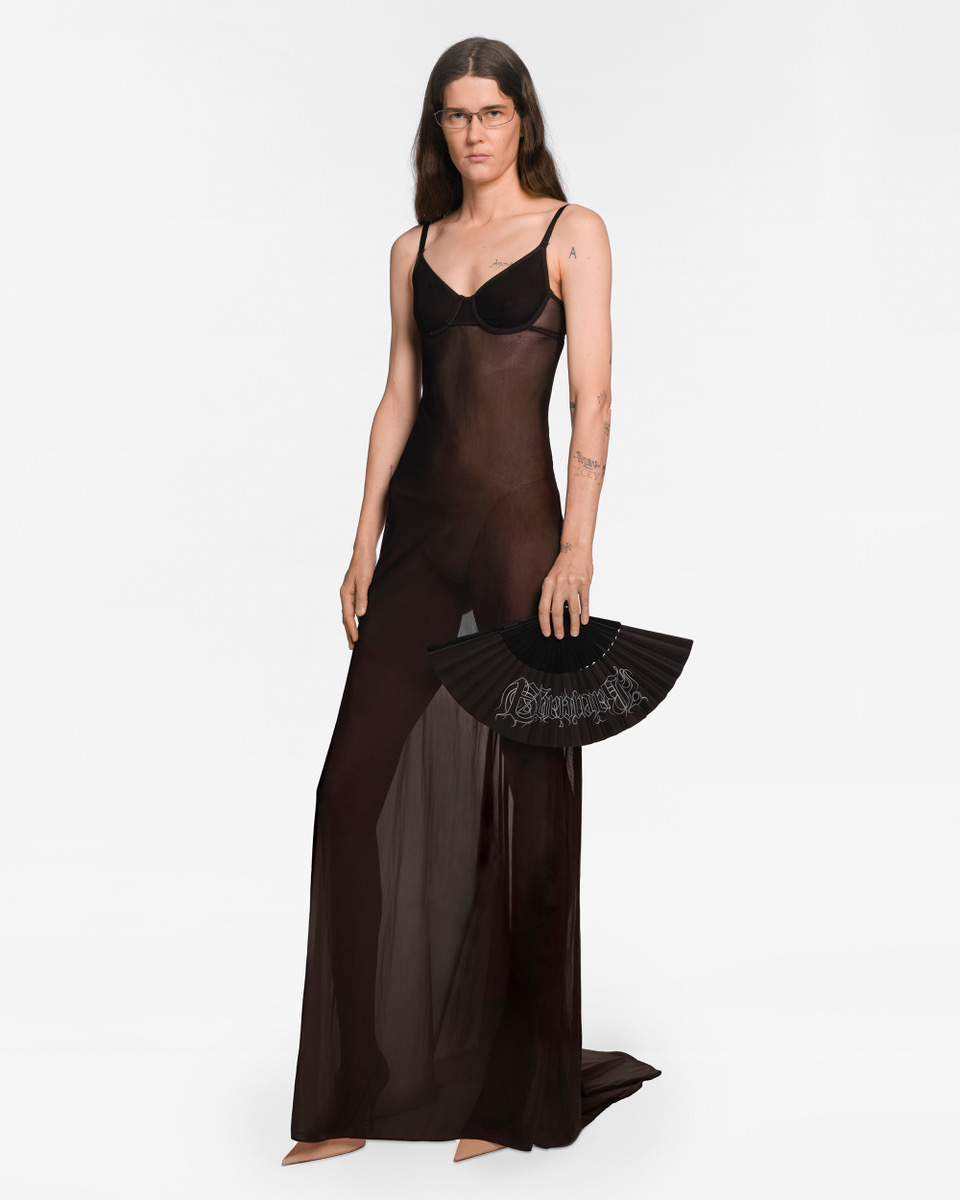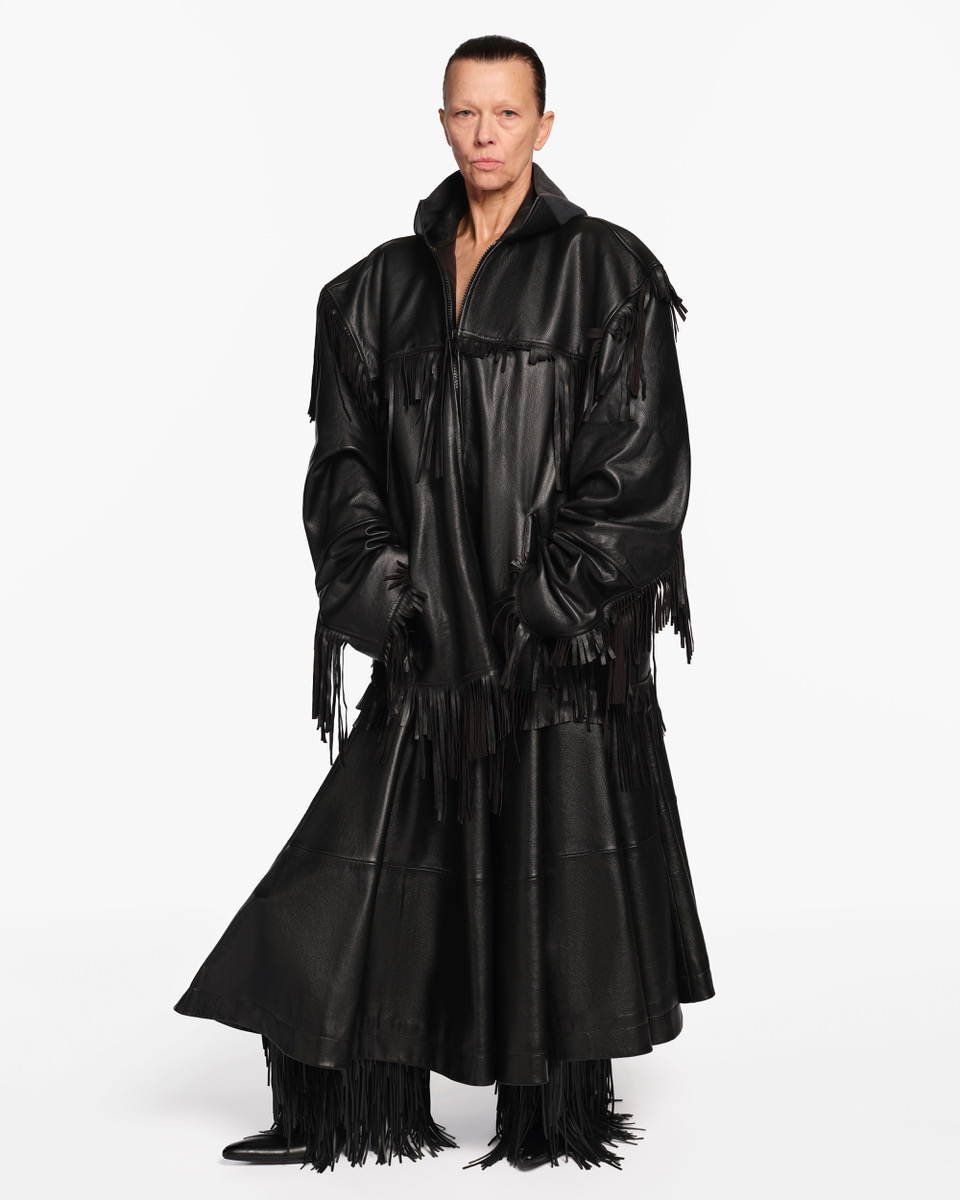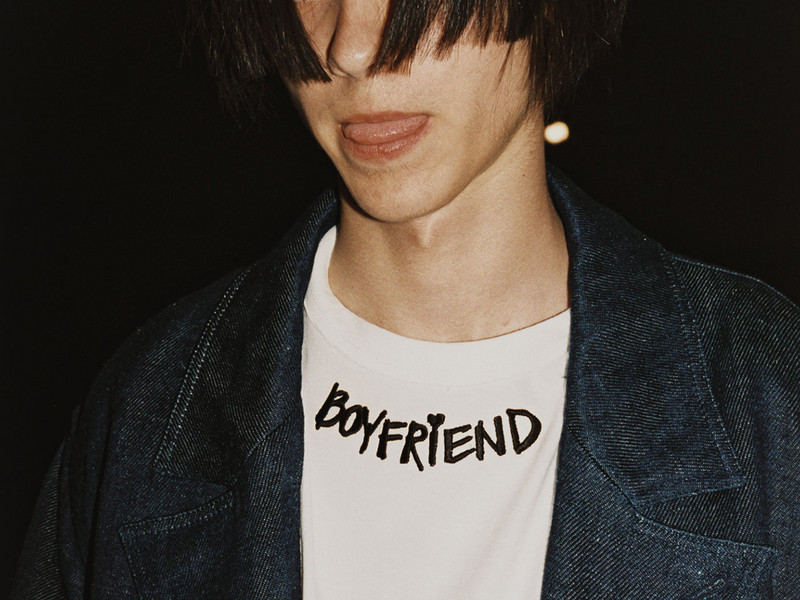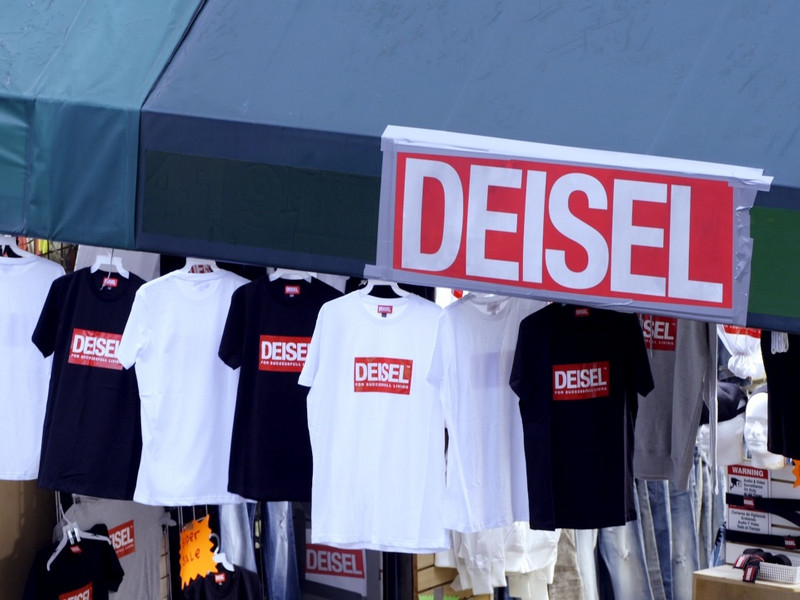bella dahl Sets the Tone for the Sustainable Fashion Industry
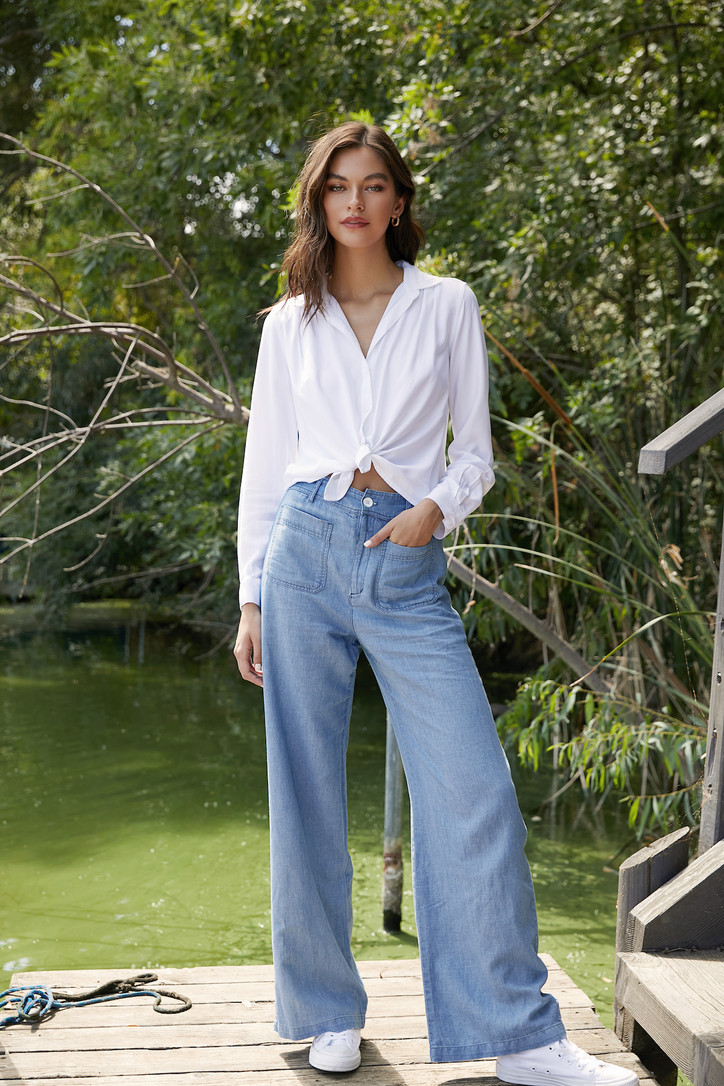
Although he has a monumental history of success in developing brands such as Levi’s and Dickies, some of Millman's most admirable and impressive feats include the compassion he has brought to bella dahl and his high regard for the environment.
Read below for office’s interview with Steven Millman about the company’s sustainable initiatives and what’s to come for bella dahl.
How or why do you think bella dahl has changed the casual clothing industry for the better?
I think one [reason] is that we took a very hard stance on bringing value to this contemporary market. We've tried to give value to everything we've done. We entered the market at probably the entry level of the premium market. We'd rather have been the low of the high and load the garments up to compete, rather than the opposite. And I think it's really paid off for us.
bella dahl has set the bar high for ethical industry practices. Why do you think it is important to set this example for other brands?
As a leader, it's our responsibility to take a stand, and you'd have to be crazy not to realize what's going on in the world. To find out that an industry that a lot of us love — and some would probably do it for free — but why would we want to ruin the earth? Why would we want to pollute the earth at the rate that it's going? When we found out that our industry is one of the largest polluters — I think that is a wake-up call for anybody. We're polluting lakes and rivers and shortening [the] lifespans of animals to the point of extinction. I mean, how could you be in an industry and be excited about that? And that's really what [the situation] happened to be.
I definitely agree. My goal when I decided to write, in the fashion sect, was to better it, and I think you guys are doing the same thing. You helped facilitate the widespread expansion of bella dahl, which now is sold in many major retailers and over 2,900 specialty stores worldwide — what drove that expansion?
I think, again, our ethical practices, always taking the high road, delivering product on time, over-delivering, and bringing value. Additionally, having the courage to take a fabrication, let's say an example of chambray, which was typically a cotton fabric, and to come up with one from Spain. To really tear it apart and say, wait a minute, you can have it like this. Now we're 11 years in and we're still doing it. Our 549 denim, Tencel denim, is still 11 years in our collection. I'm proud to say that, and now it's even more important than ever because, for half the time, we didn't even know it was sustainable. Back then, no one really knew what that was. We just knew that we were doing bad things to the earth, and it had to change. Denim is the biggest polluter of all. So here it is — my love, and my love is ruining our planet? So again, that was the wake-up call.
What has been your biggest achievement in working with bella dahl thus far?
Watching everyone succeed. Watching somebody that was packing boxes become a lead customer service representative for the company. Watching someone packing boxes coming in and working in our design team. Taking the underdog and turning their lives around is probably the most exciting thing you could ever do for anyone.
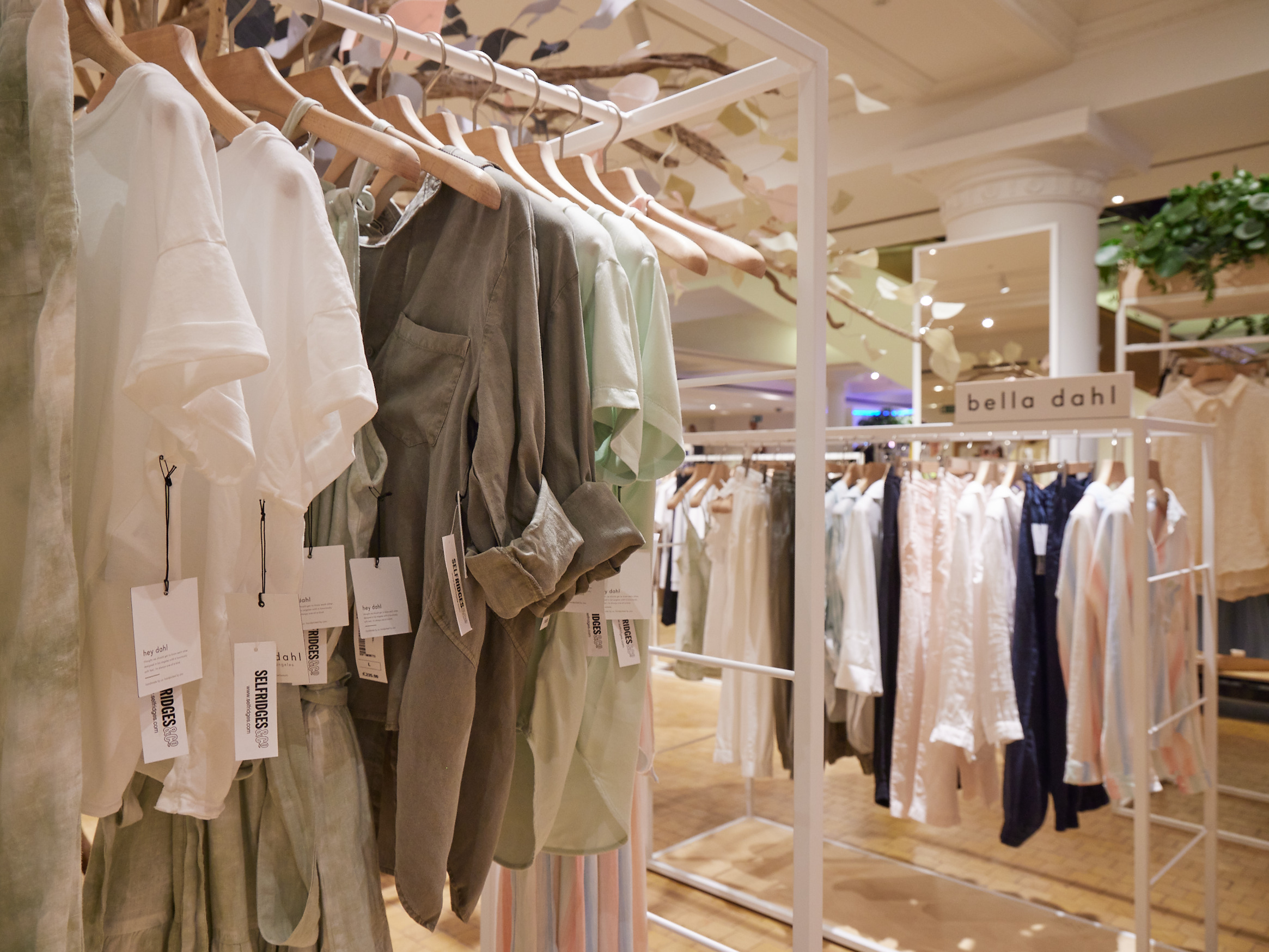


One way that bella dahl ingrains sustainable practices into the business model is by ensuring greener production. What are the environmental benefits of garment dyeing versus fabric dyeing? Why is that something you decided to explore?
It's less water because of the heavy dyes, but we're still in the earliest stages of developing sustainable dyes that can be garment dyed. Definitely the garment dye, the way it's done, leaves less of an imprint, but not enough. It is not enough. To say it's enough, then we're not doing our job. But for us, it's still better than all the heavy dyes. And where does it go? Into our rivers, our lakes, our ocean. Even with every single pound of laundry that you're doing, you have to be considerate. So now we're doing waterless washes and ozone washes and things that we would have never thought to do before.
You guys have seen the positive effects of finding alternatives, but I feel like there's so many companies who don't even want to explore that because at first it may put you at a detriment, you know, financially. But in the long run, it's definitely beneficial for everyone.
Some of the beauty is in the worn elegance of our pieces. You can have this thing for years, and even if we're not into the right dyes a hundred percent yet, our fabric is sustainable and biodegradable. You can pass it on to your children. It's not something that's going to ruin. That's really substantial because that's how we took our own stand. We like to say 'Local is the new black,' because we also make so many of our products domestically.
How do you ensure a reduced carbon footprint?
Again, local is the new black. The more that we can produce here in Los Angeles, the better.
I think local production is the key in a lot of these instances. I mean, it's not the end all be all resolution, but it makes such a difference.
I'm not going to claim that we're a hundred percent. I mean, everyone could throw out, 'Oh, by 2028 we'll be carbon-free’ — but most of the time that's not true. I wouldn't want to throw out something like that without being sure, but I'll tell you what. We're getting rid of every single trim. All of our trims will be sustainable. Even things that are returned, we're taking the buttons off and using all of our old fabric, which we always have. We're using all of our stuff — no waste. We don't burn a thing. We're not that kind of company. We donate. We're active in that world and we're caring people.
Yeah. I think that comes through just from talking to you. It's genuine. You guys have been doing this. It's not just a fad for you guys; it's a very incorporated facet of the company. What are the next steps for the brand and your personal goals to continue growing bella dahl?
Well, my personal goals just reflect back, again, to watching all of the people that have been with us and all the people that want to come and work with us, to watch them thrive. It excites me, being a fan of fashion, watching great people do great work. So I'm hoping that that's what we can continue to do. As for the brand as a whole, we're going to continue to expand and do what it is that bella dahl does.

